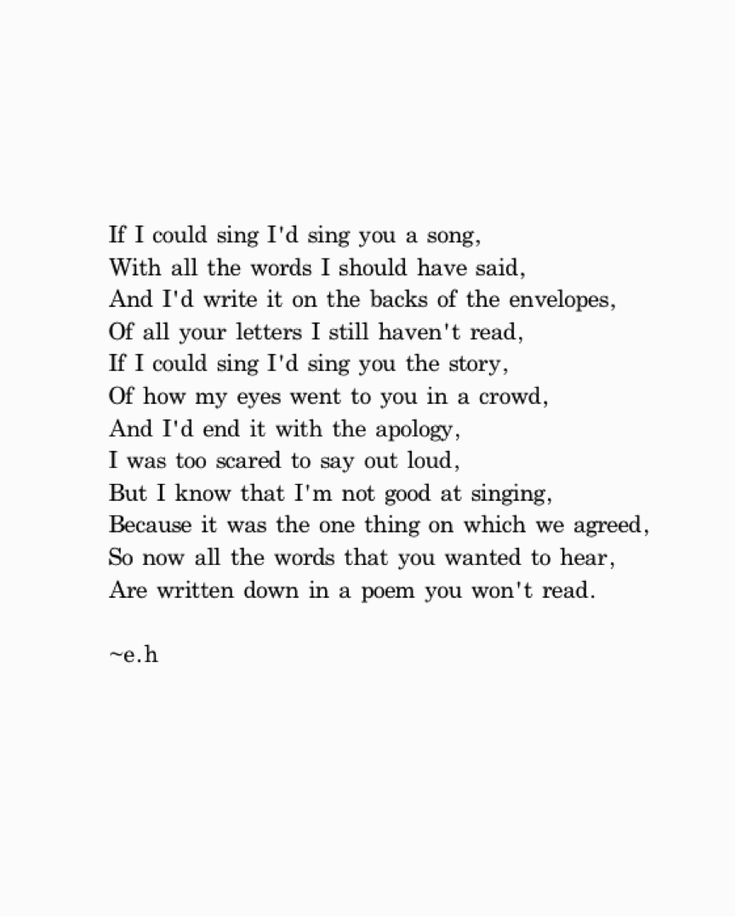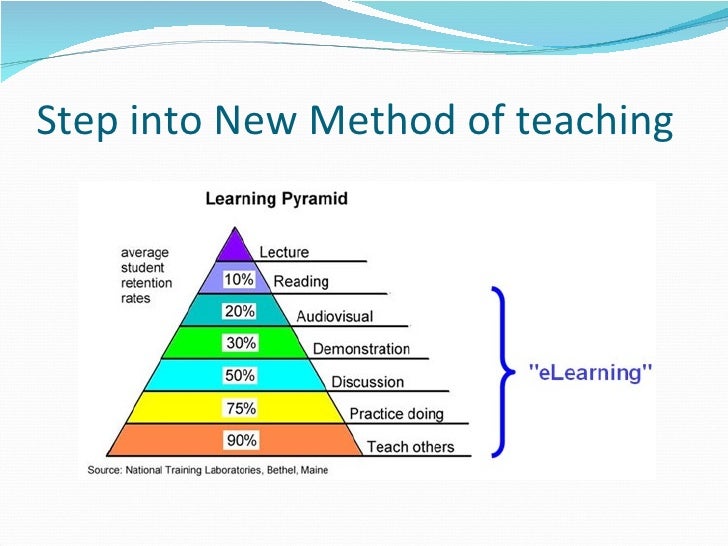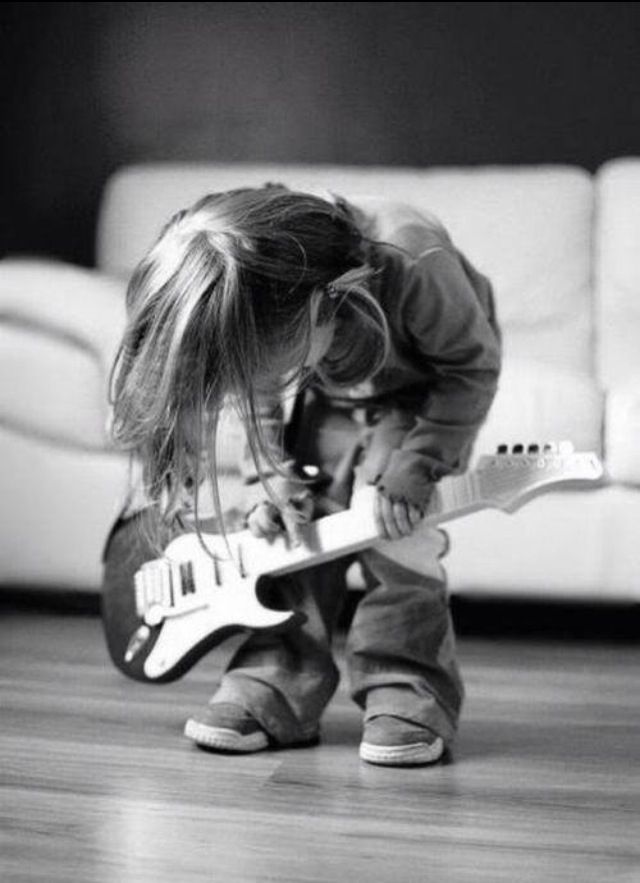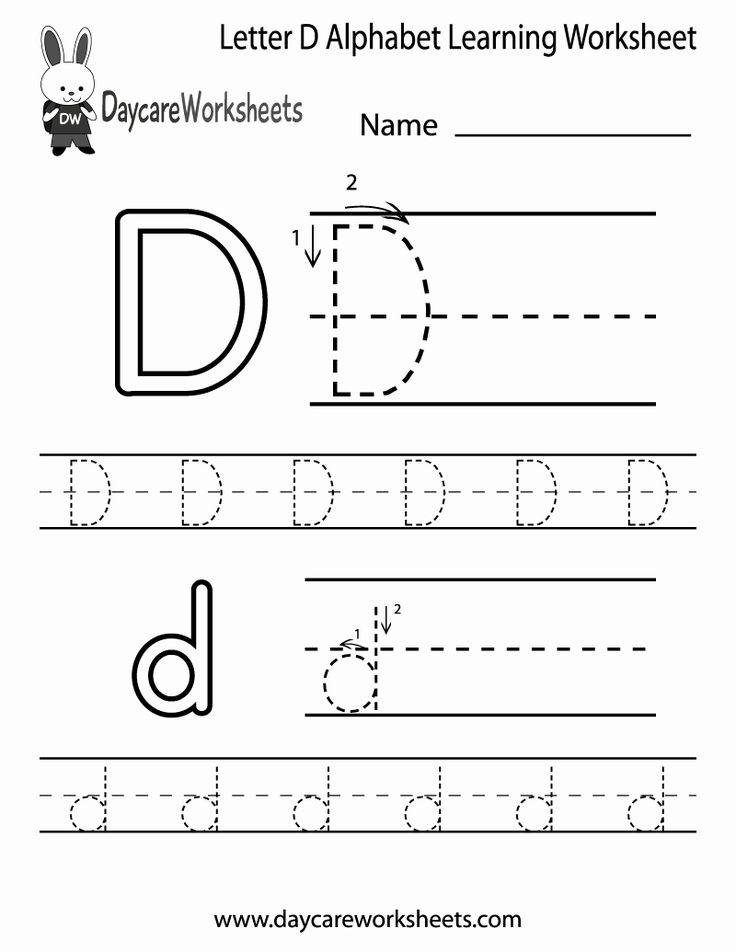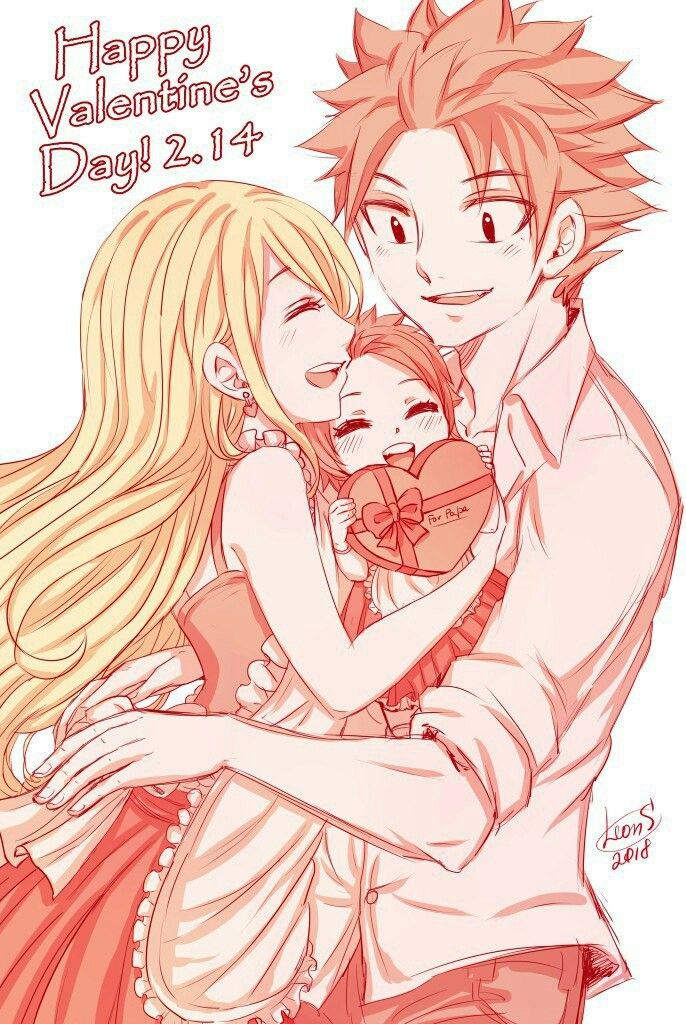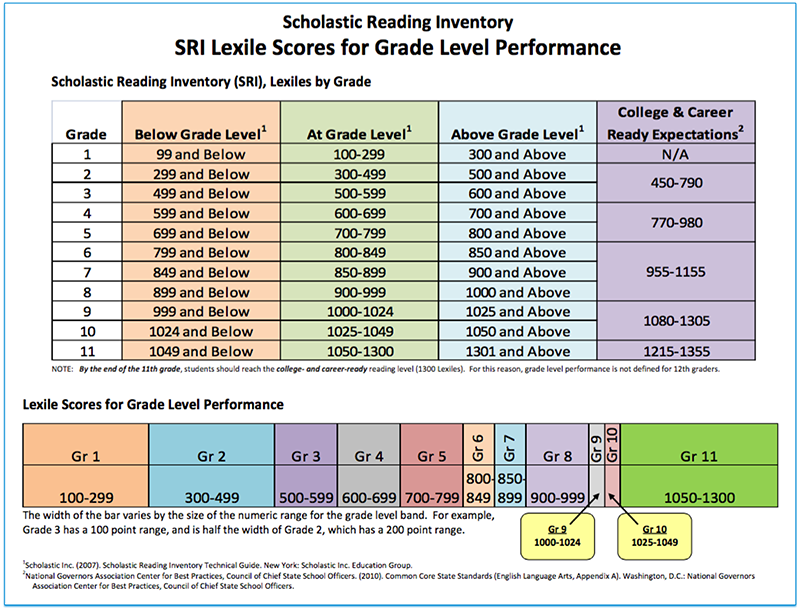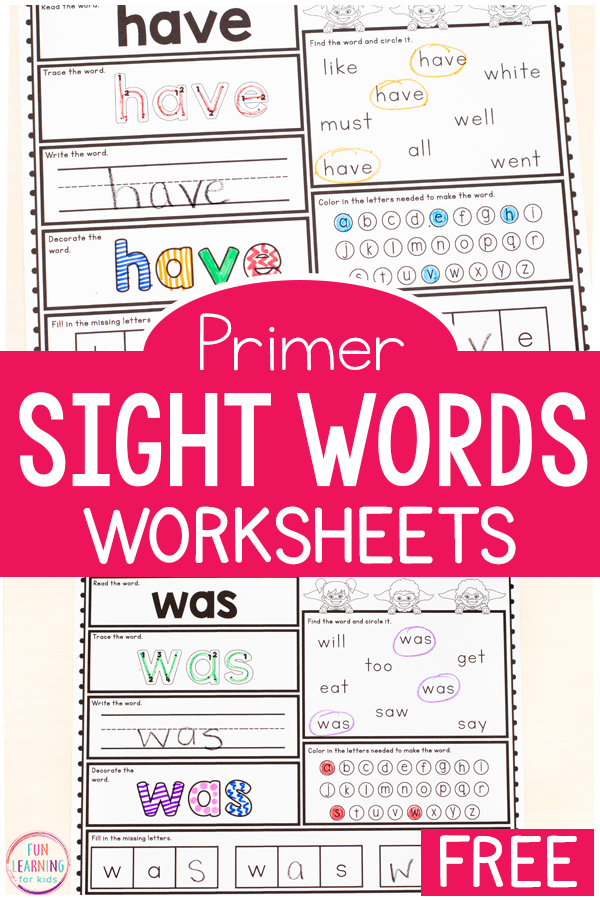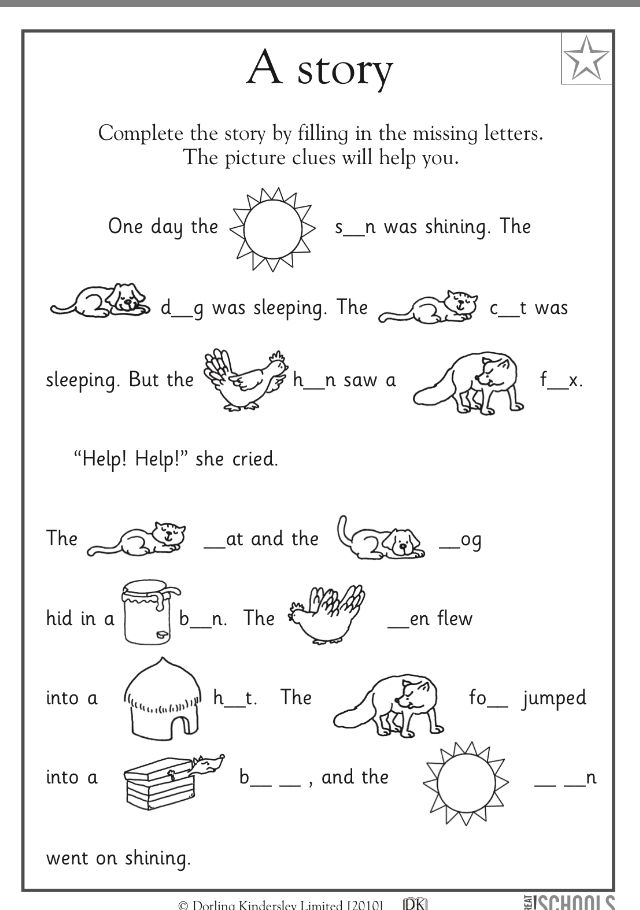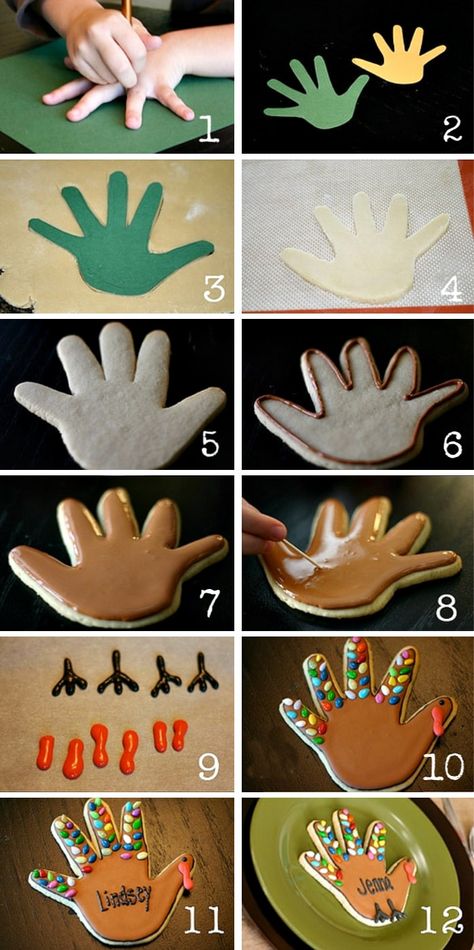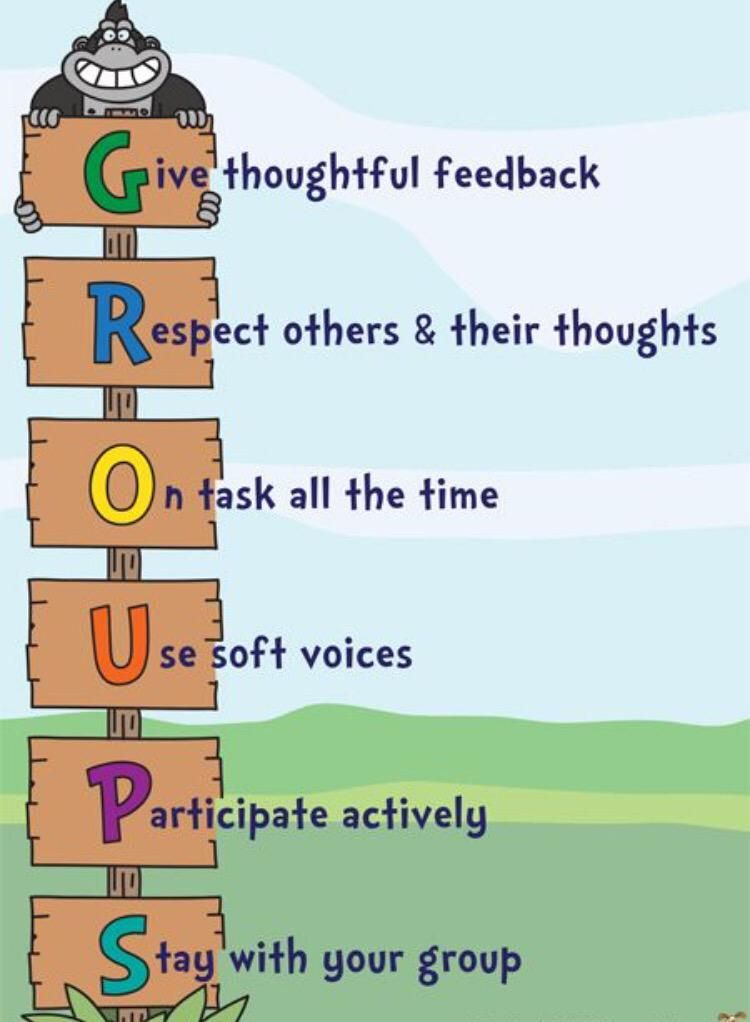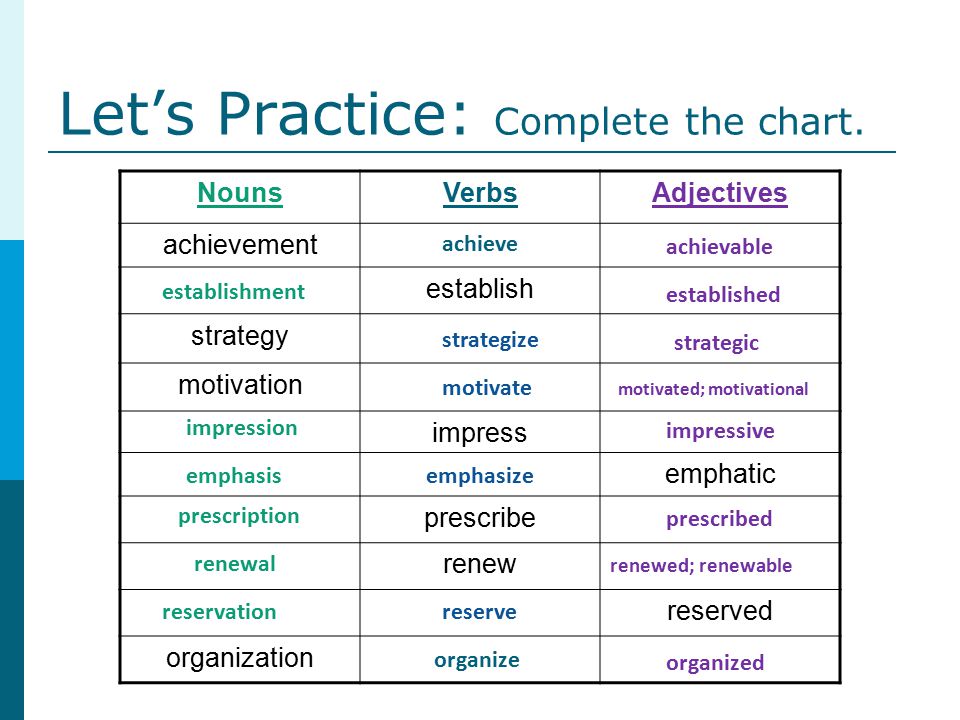Words that rhyme with son
230 best rhymes for 'son'
1 syllable
- One
- An
- Been
- Done
- Run
- Gun
- Fun
- None
- Ton
- Un
- Pun
- Hun
- Spun
- Bun
- Stun
2 syllables
- Vision
- Sudden
- Asian
- Christian
- Driven
- Listen
- Rotten
- Someone
- Open
- Reason
- Cousin
- Gettin'
- Broken
- Justin
- Person
- Heaven
- Women
- Billion
- Fortune
- Talkin
- Happen
- Human
- Million
- Given
- Question
- Written
- Taken
- Smokin'
- Lesson
- Prison
- Children
- Seven
- Thousand
- C1
- Golden
- Satan
- Woman
- Couldn't
- M1
- Demon
- Often
- Kitchen
- Sittin'
- Pardon
- Common
- Chicken
- Button
- Hidden
- Actin
- Ion
- Certain
- Weapon
- Doesn't
- Jackson
- Stolen
- Frozen
- Jason
- Season
- Lion
- Garden
- Dragon
- Mountain
- Haven't
- Chosen
- Foreign
- Workin'
- Begun
- Fallen
- Villain
- Jordan
- Captain
- Spoken
- Leavin'
- Gotten
- Ruin
- Martin
- Movin'
- Version
- Beaten
- Poison
- Lebron
- Shotgun
- Risen
- Semen
- Engine
- Bacon
- Tyson
- Oven
- Burden
- Lyin'
- Eaten
- Robin
- Drivin'
- Cannon
- Compton
- Treason
- Lemon
- Cotton
- Fountain
- Curtain
- Proven
- Reckon
- Rhymin'
- Stephen
- Titan
- Urban
- London
- Threaten
- Houston
- Shaken
- Winnin'
- Wesson
- Spinnin'
- Dyin'
- Glisten
- Brooklyn
- Token
- Dungeon
- Shakin'
- Patron
- Causin'
- Blazin'
- Swollen
- Crimson
- Usin'
- Johnson
- Freshman
- Boston
- Carbon
- Trillion
- Surgeon
- Undone
- Austin
- Satin
- Wooden
- Bitten
- Hustlin'
- Summon
- Allen
- Cruisin'
- Cabin
- Clinton
- Pigeon
- Lincoln
- Chokin'
- Roman
- German
- Ryan
- Sharpen
- Fakin'
- Region
- Facin'
- Felon
- Manson
- Haven
- Woken
- Fusion
- Mornin'
- Raven
- Simon
- Stricken
3 syllables
- Everyone
- Anyone
- Precision
- Imagine
- Eleven
- Religion
- Illusion
- Decision
- Opinion
- Forgotten
- Superman
- Alien
- Medicine
- Confusion
- Assassin
- Mistaken
- Oxygen
- Heroin
- African
- Champion
- Envision
- Intention
- Mexican
- Veteran
- Division
- Forbidden
- Explosion
- Forsaken
- Conclusion
- Indian
- Awaken
- Collision
- Forgiven
- Horizon
- Enlighten
- Invasion
- Gentleman
- Suburban
- Feminine
- Genuine
- Skeleton
- Equation
- Abandon
- Cinnamon
- Lesbian
- Benjamin
- Pokemon
- Occasion
4 syllables
- Adrenaline
- Tv
- American
- Television
- Comparison
- Superhuman
Want to find rhymes for another word? Try our amazing rhyming dictionary.
If you write lyrics you should definitely check out RapPad. It has tons of useful features for songwriters, lyricists, and rappers.
bun, done, donne, dun, fun, grun, gun...
Pure Rhymes – 105 rhymes
Words that have identical vowel-based rhyme sounds in the tonic syllable. Moreover, that tonic syllable must start with a different consonantal sound.
bun
done
donne
dun
fun
grun
gun
hon
hun
kun
lun
mun
none
nun
one
pun
run
shun
spun
stun
sun
thun
ton
tonne
un
won
begun
outdone
outrun
redone
rerun
undone
overdone
underdone
sixty-one
eighty-one
Bruhn
Brunn
Bunn
Chun
Dunn
Dunne
Gunn
Jun
Lunn
Munn
Nunn
Terrebonne
Yun
- easier said than done
- have done
- for fun
- in fun
- beat the gun
- give her the gun
- jump the gun
- smoking gun
- son of a gun
- second to none
- a one
- all one
- at one
- back to square one
- beneath one
- bite the hand that feeds one
- cards stacked against one
- eating one
- floor one
- for one
- for the life of one
- get on to one
- get two strikes against one
- going for one
- have one's wits about one
- have something going for one
- have two strikes on one
- hole in one
- hot one
- keep one's wits about one
- lay about one
- look after number one
- look out for number one
- no one
- number one
- on the bad side of one
- on the good side of one
- on the part of one
- pull a fast one
- pull something on one
- spring on one
- stick by one
- to one
- two strikes against one
- two to one
- wouldn't put it past one
- cut and run
- end run
- first run
- hit and run
- home run
- in the long run
- in the short run
- on the run
- second run
- under the sun
End Rhymes – 4795 rhymes
Words that have a pure rhyme on their last syllable only.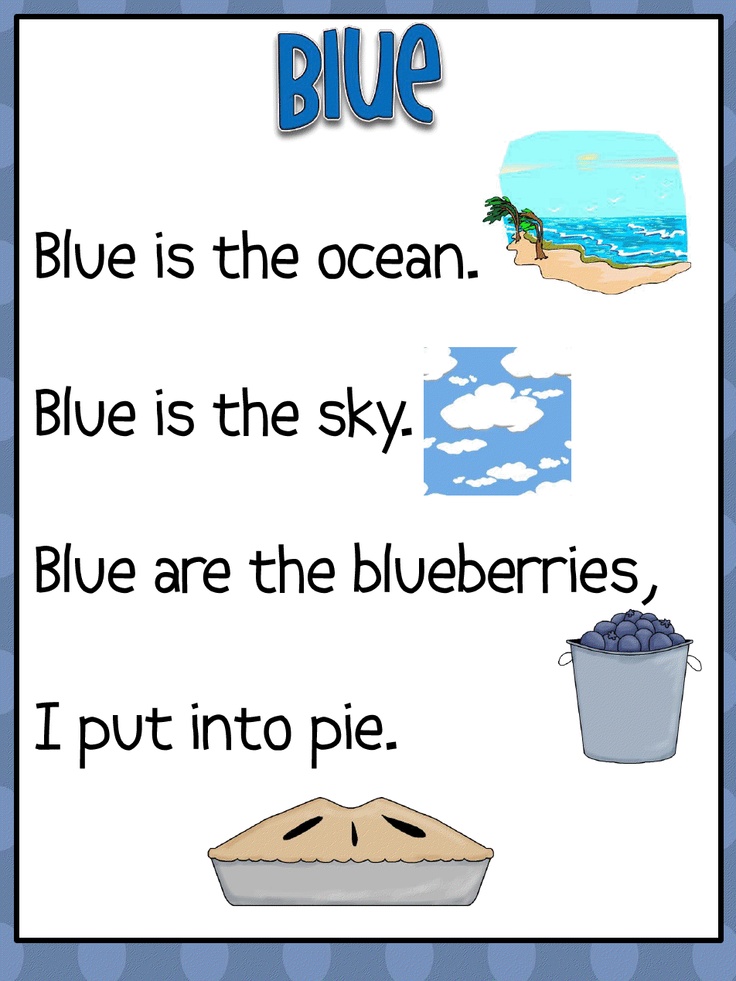
Gleason
Greeson
loosen
Heusen
Hughson
Hughson
basin
chasten
hasten
capsaicin
Freemason
Grayson
Jason
Mason
"Go Pro" to see the next 543 end rhyme sets.
Click here to "Go Pro"
Near Rhymes – 1611 rhymes
Words that "almost" rhyme on the vowel-based rhyme sound of the stressed syllable like: be/eat or maybe/shapely.
ca
dah
duh
huh
suh
the
uh
Brugh
Sta
- all the
- in up to the
- uh uh
once
dunce
huns
Bunce
- at once
- opportunity knocks but once
buns
duns
funs
gun's
guns
muns
nun's
nuns
one's
ones
puns
runs
shuns
son's
sons
sun's
tonnes
tons
fens
reruns
Bruns
Chun's
Dun's
Frunze
Gunn's
Kunz
Nunn's
Suns
- blow great guns
- go great guns
- great guns
- stand by one's guns
- stick to your guns
- to one's guns
- up the big guns
- find one's
- get one's
"Go Pro" to see the next 73 near rhyme sets.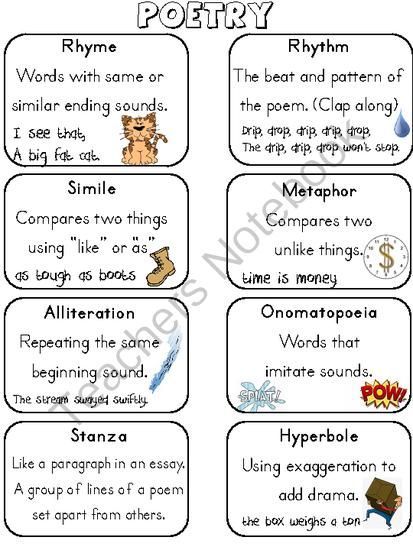
Click here to "Go Pro"
Mosaic Rhymes
Rhymes made up of more than one word. For instance, "jealous" and "tell us" or "shaky" and "make me."
One-syllable words do not have mosaic rhymes.
Enthusiast, son of a hero:
the evolution of sustainable conventions in the "thaw" poster
Radishcheva, researcher at the Laboratory of Historical, Social and Cultural Anthropology. Research interests: iconography and iconology of Soviet fine arts.
Vadim Mikhailin (b. 1964) – cultural historian, social anthropologist, translator, professor at Saratov State University.
“Thaw” modifications of Stalinist and early Soviet conventions
established in this pictorial genre during the two previous eras - the early Soviet and Stalinist. Two basic structural elements for the Soviet (and not only Soviet) tradition of political posters - the figure of the mediator and the frame composition - are fully present here. The intermediary is a three-quarter-length medallion portrait of Lenin, located against the background of an absolutely flat red spot, the shape of which imitates the banner; as a frame - a photomontage image of the crowd, turned to the viewer full face and representing the Soviet people. However, the functional content of these elements changes quite radically.
The intermediary is a three-quarter-length medallion portrait of Lenin, located against the background of an absolutely flat red spot, the shape of which imitates the banner; as a frame - a photomontage image of the crowd, turned to the viewer full face and representing the Soviet people. However, the functional content of these elements changes quite radically.
The early Soviet poster was characterized by a “symbolic” principle of action: it showed the viewer some other reality, called for immersion in it, exposing the untruth of the empirical context in which the viewer is here and now. The retractive function of the poster ensured the withdrawal of a private person from private (family, neighborly, friendly, and so on) contexts and his connection to a properly structured and hierarchized public space[1].
The figure of the intermediary, like Isis in traditional occult images, was significant primarily because it offered a specific way to penetrate beyond the veil of the present - into a reality of a higher order.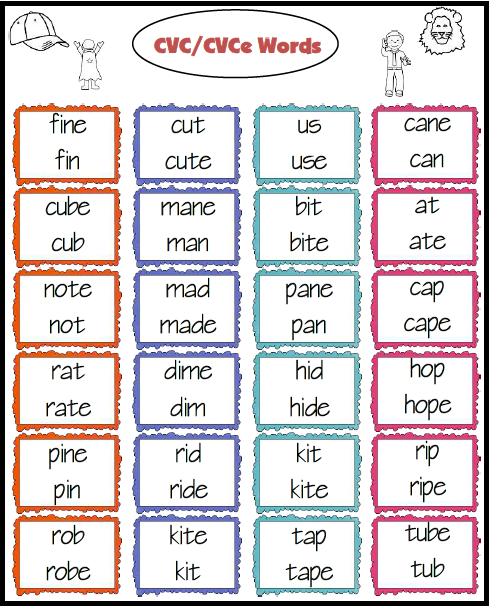 The textual component of the poster either served to designate the realities “written out” in the projective (ideal, normative) reality - “factory-kitchen”, “a happy future for all mankind”, or created a verbal frame commenting on the very moment of transition - “down with kitchen slavery” , "what the revolution gave to the working woman and peasant woman." In the first case, the assimilation of the text was tantamount to the assimilation of the names of God and made it possible to navigate in otherworldly reality. In the second, the viewer learned the magic formula, the key to mastering the very possibility of transition.
The textual component of the poster either served to designate the realities “written out” in the projective (ideal, normative) reality - “factory-kitchen”, “a happy future for all mankind”, or created a verbal frame commenting on the very moment of transition - “down with kitchen slavery” , "what the revolution gave to the working woman and peasant woman." In the first case, the assimilation of the text was tantamount to the assimilation of the names of God and made it possible to navigate in otherworldly reality. In the second, the viewer learned the magic formula, the key to mastering the very possibility of transition.
In Stalin's posters, the central place with enviable frequency is occupied by the figure of the father of nations, which turns from an intermediary, a guide into a guarantor of inclusion in a reality of a higher order. In the first fifteen years after the October Revolution, the Bolsheviks destroyed any possibility of alternative publicity, and as a result, the entire public space was reduced to the figure of the leader: now there was no one and no need to invite people into some other projective reality, different from the officially proclaimed and recognized one.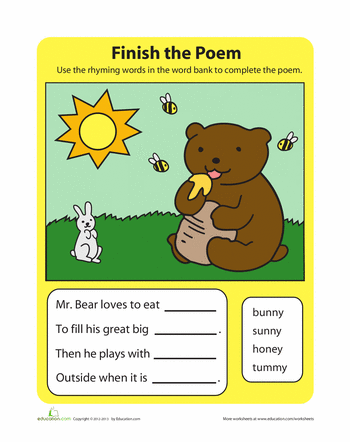 And since Stalin became the embodiment not only and not so much of a happy future, but of an equally uncontested "here and now", then in the normative visual context of the era, the present and the future merge into one[2]. The cover of Isis turns from the border between "this world" and "correct" into a screen on which images of "correct" are projected. The attractive reality that lurked behind the cover becomes practically unnecessary, and Stalin, as mentioned above, turns from a “mediator” into a central figure, which is the meaning of any statement. The movement loses its fundamentally retractive character and becomes one way or another oriented towards the very image of the leader. And if in the early Soviet poster the artists had certain difficulties in combining the intermediary’s face, written in close-up, necessary to create a cognitive and communicative bridge between the image and the viewer, now the movement towards the viewer or parallel to the viewer does not in the least contradict the general functional structure of the poster.
And since Stalin became the embodiment not only and not so much of a happy future, but of an equally uncontested "here and now", then in the normative visual context of the era, the present and the future merge into one[2]. The cover of Isis turns from the border between "this world" and "correct" into a screen on which images of "correct" are projected. The attractive reality that lurked behind the cover becomes practically unnecessary, and Stalin, as mentioned above, turns from a “mediator” into a central figure, which is the meaning of any statement. The movement loses its fundamentally retractive character and becomes one way or another oriented towards the very image of the leader. And if in the early Soviet poster the artists had certain difficulties in combining the intermediary’s face, written in close-up, necessary to create a cognitive and communicative bridge between the image and the viewer, now the movement towards the viewer or parallel to the viewer does not in the least contradict the general functional structure of the poster.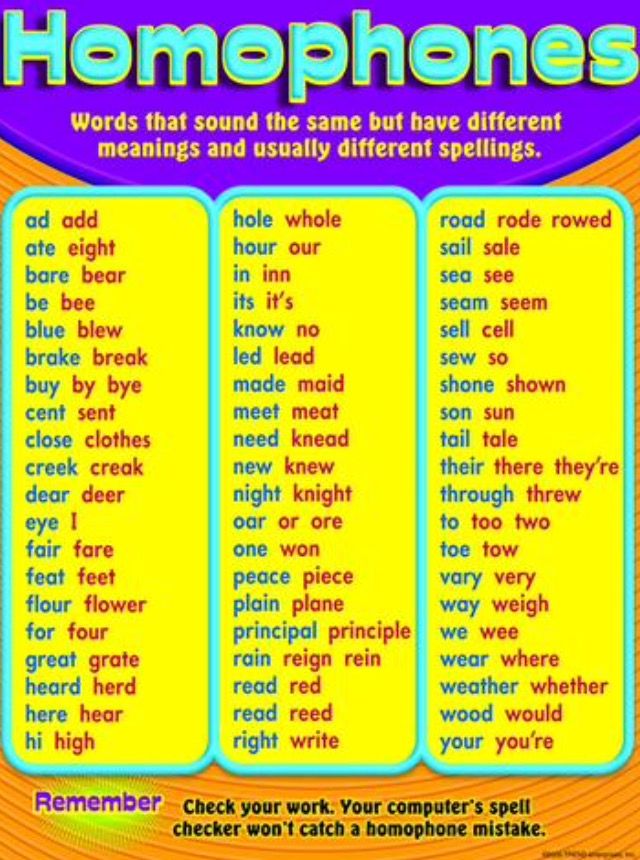 And the frame text retains the function of a magic formula, which allows you to get no longer into a bright future, but into the space of circling around the “living god”. Accordingly, the symbolic structure is weakened: the poster no longer draws the viewer into a bright future, but invites him into a two-dimensional projective space, in which the future is replaced by an extended or “big” present, to a kind of “screen” that obscures the “real” reality.
And the frame text retains the function of a magic formula, which allows you to get no longer into a bright future, but into the space of circling around the “living god”. Accordingly, the symbolic structure is weakened: the poster no longer draws the viewer into a bright future, but invites him into a two-dimensional projective space, in which the future is replaced by an extended or “big” present, to a kind of “screen” that obscures the “real” reality.
Simultaneous presence in the viewer's mind of two seemingly mutually exclusive images of reality does not actually contain any paradox. The consciousness of an urbanized person, accustomed to the continuity and, at the same time, the multidimensionality of those spaces and realities in which he is, perceives them as variations on the theme of a single, common space and a single, common reality - and, accordingly, requires a logical connection between different parts of these . For a person of traditional culture, the simultaneous presence of different and very dissimilar realities in different cultural zones is the norm, and the requirement of a logical relationship between them, and even more so an attempt to read them in accordance with a single logic, are absurd procedures[3].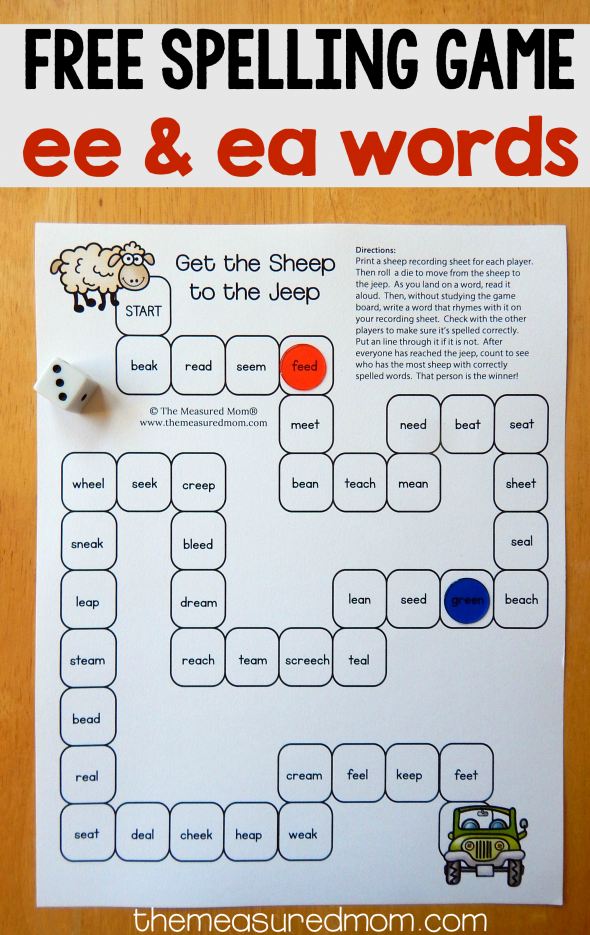 From this point of view, the presence before the eyes of the former peasant of the current Soviet reality does not compromise the reality of the screen or poster: moreover, each of them implies its own set of cultural codes and behavioral stereotypes, which are also not subject to assessment based on some single universal logic.
From this point of view, the presence before the eyes of the former peasant of the current Soviet reality does not compromise the reality of the screen or poster: moreover, each of them implies its own set of cultural codes and behavioral stereotypes, which are also not subject to assessment based on some single universal logic.
The Stalinist poster was in demand not only by the authorities, but also by significant groups of the population who were not used to publicity, since it offered capacious cognitive matrices that were convenient for both sides. For the authorities, its “drawing” function was significant insofar as, through involvement in publicity, it made it possible to properly participate in the process of building by each specific person projective realities that were personally significant for him. In fact, the government provided the population with services of forced involvement in broad public contexts and positioned itself as an indispensable agent and mediator.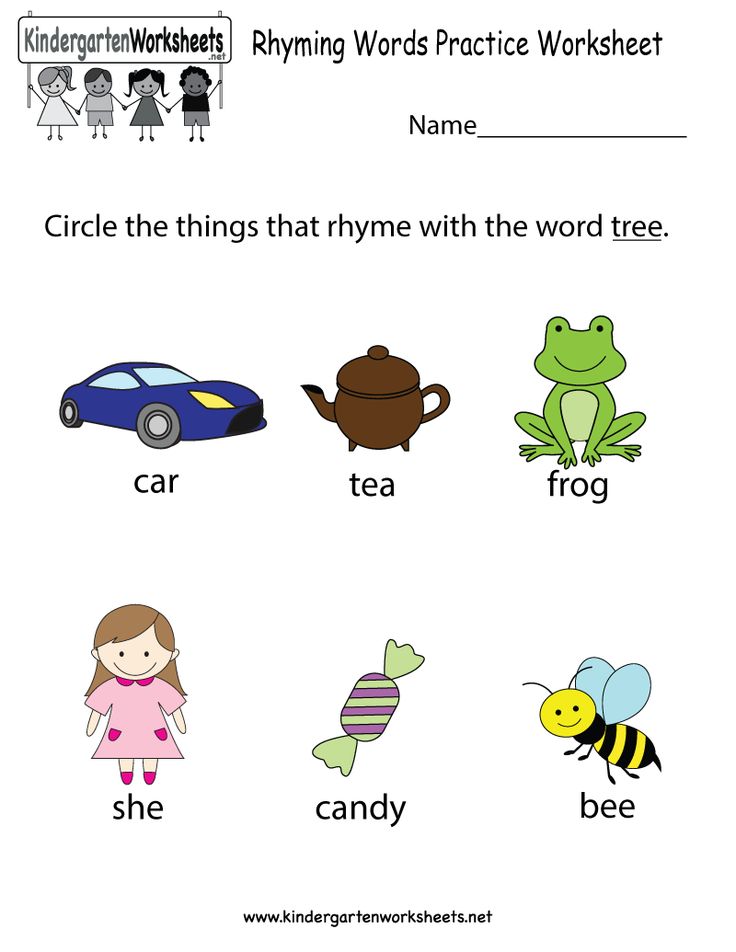 And the population, in fact, already involved in large-scale social processes that it did not control, was interested in mastering ready-made matrices for the perception of a new reality, schemes for interpreting and transmitting unusual social experience, which made it possible to significantly save cognitive efforts. The one who mastered these matrices won, and often not only won, but simply survived, and reproduced himself as an agent of this new public space convenient for the authorities.
And the population, in fact, already involved in large-scale social processes that it did not control, was interested in mastering ready-made matrices for the perception of a new reality, schemes for interpreting and transmitting unusual social experience, which made it possible to significantly save cognitive efforts. The one who mastered these matrices won, and often not only won, but simply survived, and reproduced himself as an agent of this new public space convenient for the authorities.
Following Khrushchev's speech at the 20th Congress of the CPSU, the debunking of Stalin's personality cult led to the formation in the discourse of power, and consequently in the official Soviet public space, of a kind of gaping connected with the loss of the foundations on which practically all hitherto adopted strategies of legitimation rested. The figure of the leader, diligently built over the course of two decades as the embodiment of some unique, superhuman essence, encompassed all the possible meanings of Soviet publicity: with its disappearance, the space of “happy whirling” in front reality lost the only possible axis - and simply crumbled. The posters of the "thaw" period most obviously demonstrate the panic that set in among the professionals of Soviet propaganda art as a result of the tectonic shift that took place. The structural and code matrices that had already managed to turn into a canon needed to be used somehow in a new way, but, as always in such cases, there was a problem with new wine and old wineskins.
The posters of the "thaw" period most obviously demonstrate the panic that set in among the professionals of Soviet propaganda art as a result of the tectonic shift that took place. The structural and code matrices that had already managed to turn into a canon needed to be used somehow in a new way, but, as always in such cases, there was a problem with new wine and old wineskins.
The latter fully applies to the poster by Isaac Greenstein. In the spirit of Khrushchev's thesis about a return to Leninist norms, the place of the semantic center instead of the overthrown "living god" is occupied by the image of the "founding god". At the same time, the artist, willy-nilly, has to go for a structural modification of the existing pictorial convention. In previous multi-figure compositions, Stalin was usually depicted, on the one hand, “in the midst of the people”, and the secondary characters were oriented in such a way as to draw the viewer’s attention to the figure of the leader, which, at the same time, was separated from the crowded context by an insurmountable line (the edge of the podium, lush bouquets of flowers and so on).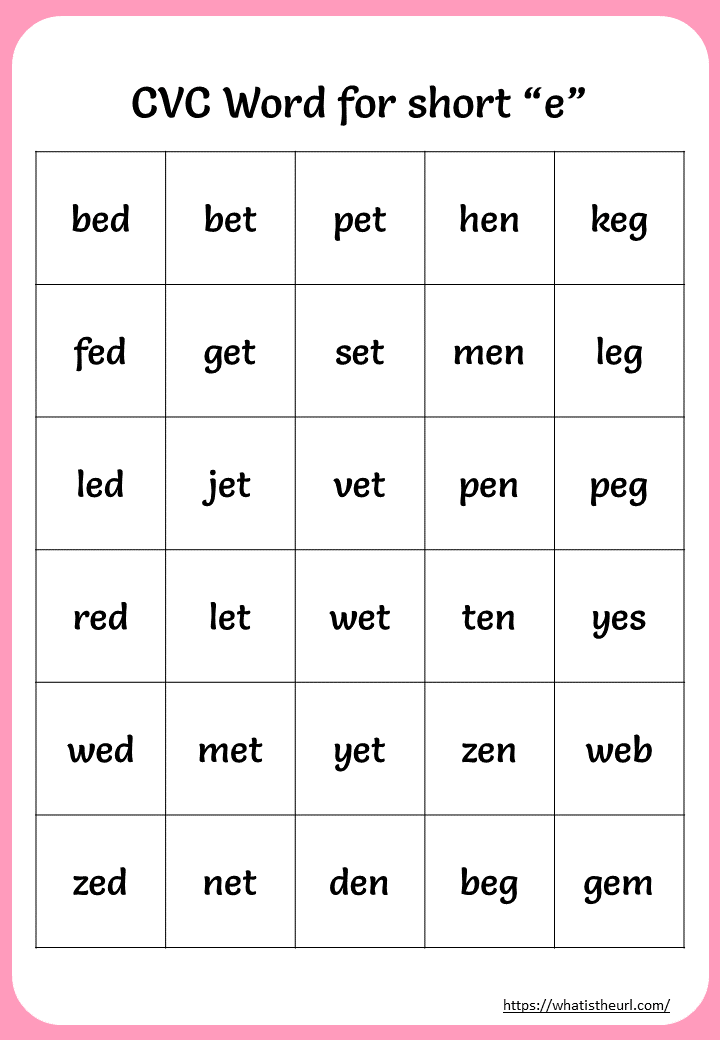 On the other hand, it was customary to depict Stalin in a special, specially allocated sector of the “space of jubilation”, against the background of a banner and / or in the company of the “founding god” who had already bronzed. Thus, his figure was in a very specific state of aggregation - a state of semantic flicker between the idealized (and at the same time invariably relevant) "here and now" - and an area that was frankly transcendent. The viewer, thanks to this semantic glimmer, got the opportunity to partake of eternity simply because he was lucky to live and work at the same time as the great father of nations.
On the other hand, it was customary to depict Stalin in a special, specially allocated sector of the “space of jubilation”, against the background of a banner and / or in the company of the “founding god” who had already bronzed. Thus, his figure was in a very specific state of aggregation - a state of semantic flicker between the idealized (and at the same time invariably relevant) "here and now" - and an area that was frankly transcendent. The viewer, thanks to this semantic glimmer, got the opportunity to partake of eternity simply because he was lucky to live and work at the same time as the great father of nations.
For obvious reasons, nothing of the kind could be done with Lenin, and the artist had to play separately with the two main semantic components of the canonical composition: which inevitably led to the loss of the usual cognitive bridge. Trying to strengthen Lenin's inscription in the masses, Grinshtein builds something like a frame out of the faces of his contemporaries - or a wreath? - around the face of the leader. The connection between this frame and the center of the composition is also supported by a specially placed text. The word "PARTY", typed in the largest type, is located in a power position along the top edge of the poster. The font is red, and because of this, the word rhymes with a color spot in the form of a flag, against which the head of Lenin is depicted. The “PARTY” and Lenin refer to each other and support each other: on the one hand, the party turns out to be higher than Lenin, and on the other hand, his large-scale and empathic face serves as a personified basis for it - which was important in the light of a sharp weakening of the legitimizing base . All other text is in white. The words “mind, honor and conscience” are located against the background of the flag and are clearly correlated with the penetrating look of Ilyich, and the phrase “our era” is already inscribed in a black-and-white photomontage frame, almost getting lost among the faces of contemporaries. Thus, the central panel of the poster practically “falls out” onto the viewer: the plan closest to him forms the word “PARTY” in the upper part of the composition; the embossed face of Lenin represents the second plan, on the third there is a red spot and the words “mind, honor and conscience”, and only on the fourth, background, are black-and-white faces of people and a textual reference to modernity placed at the bottom of the image.
The connection between this frame and the center of the composition is also supported by a specially placed text. The word "PARTY", typed in the largest type, is located in a power position along the top edge of the poster. The font is red, and because of this, the word rhymes with a color spot in the form of a flag, against which the head of Lenin is depicted. The “PARTY” and Lenin refer to each other and support each other: on the one hand, the party turns out to be higher than Lenin, and on the other hand, his large-scale and empathic face serves as a personified basis for it - which was important in the light of a sharp weakening of the legitimizing base . All other text is in white. The words “mind, honor and conscience” are located against the background of the flag and are clearly correlated with the penetrating look of Ilyich, and the phrase “our era” is already inscribed in a black-and-white photomontage frame, almost getting lost among the faces of contemporaries. Thus, the central panel of the poster practically “falls out” onto the viewer: the plan closest to him forms the word “PARTY” in the upper part of the composition; the embossed face of Lenin represents the second plan, on the third there is a red spot and the words “mind, honor and conscience”, and only on the fourth, background, are black-and-white faces of people and a textual reference to modernity placed at the bottom of the image.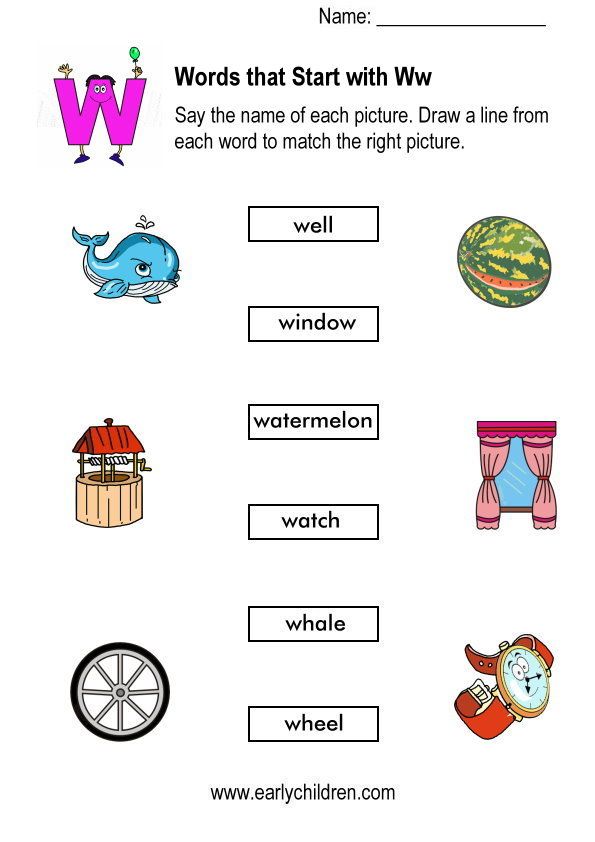
So, the composition of the poster is notable for its thoughtfulness and strict hierarchization of structurally significant elements, however, the general principle of the cognitive impact of this sample of thaw visual rhetoric changes almost to the opposite in comparison with the hitherto accepted conventions. The poster no longer invites or draws anyone anywhere. The space that is compatible with modernity, which is included in it, is minimally organized according to the laws of perspective and in fact forms a continuous closed background. People on this side of the poster look at people on the other side, and they generally look in all directions. They are needed there in order, firstly, to create a “living salary” for the icon of the leader, and secondly, to legitimize the very idea of the party simply due to the mass nature of the space closely filled with people[4]. Let God turn out to be the devil, but we are right already because we have an ancient, even more divine god, and because there are many of us.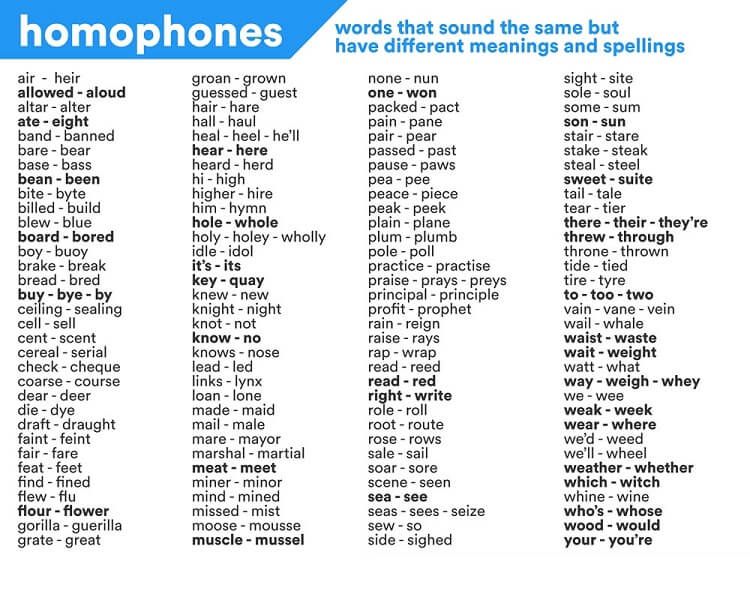
Cognitive pragmatics, associated with the retracting function and focused on involving a private person in the public space, is practically disappearing, being replaced by a demonstrative function, referring the viewer to a system of signs that legitimize the right of the elite to remain an elite. Another trend is beginning to show itself, which will become one of the dominant conventions in late Soviet and, above all, Brezhnev's posters - the trend towards decorativeness.
The increase in demonstrativeness and decorativeness is also noticeable in other modern posters. So, on the poster of Viktor Ivanov "Always with the party!" 1956 years old, a very emotional young man, still written in a completely naturalistic manner, is waving a Komsomol ticket already against a completely decorative red background with the face of Lenin showing through. Here, by the way, one more of the late Soviet visual conventions that will be stable in the future is manifested – albeit in an early, not fully formed variation: “parallel” (as a rule, in all possible senses) movement to the viewer from the lower right[5] corner of the image to the upper left .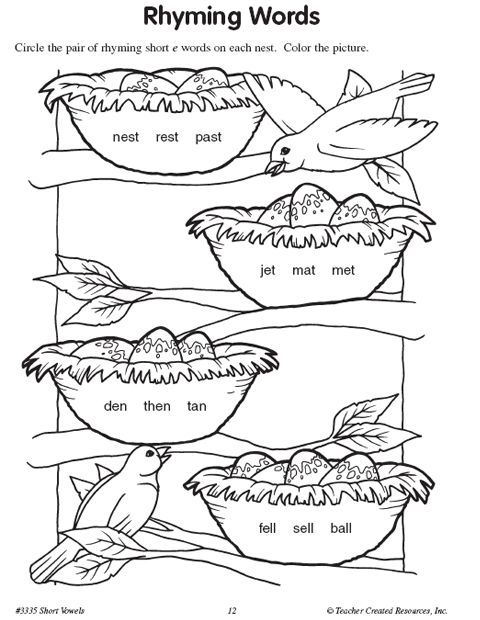 From the point of view of the idea embedded in the poster, the main movement should be directed at the viewer, but the artist's desire to maximize the dynamization of the image leads to a completely different result.
From the point of view of the idea embedded in the poster, the main movement should be directed at the viewer, but the artist's desire to maximize the dynamization of the image leads to a completely different result.
We see a similar combination of demonstrativeness and decorativeness on the 1957 poster by Iosif Ganf “All power in the USSR belongs to the working people of town and countryside represented by the Soviets of Working People’s Deputies”. The demonstrative figure that replaced the “intermediary” stands monumentally against the background of the red banner, placing his hand with a confident gesture on the semantic center of the image, on the sacred book: “The Constitution (Basic Law) of the USSR”. A quote from the same book is given as a verbal component of the poster. The “Stalinist” naturalism of the image is essentially purely external: the folds on the banner in the upper left corner, carefully written under the right hand of the young man, turn into purely decorative hatching, without violating the planar integrity of the sacred symbols: the sickle/hammer and the star.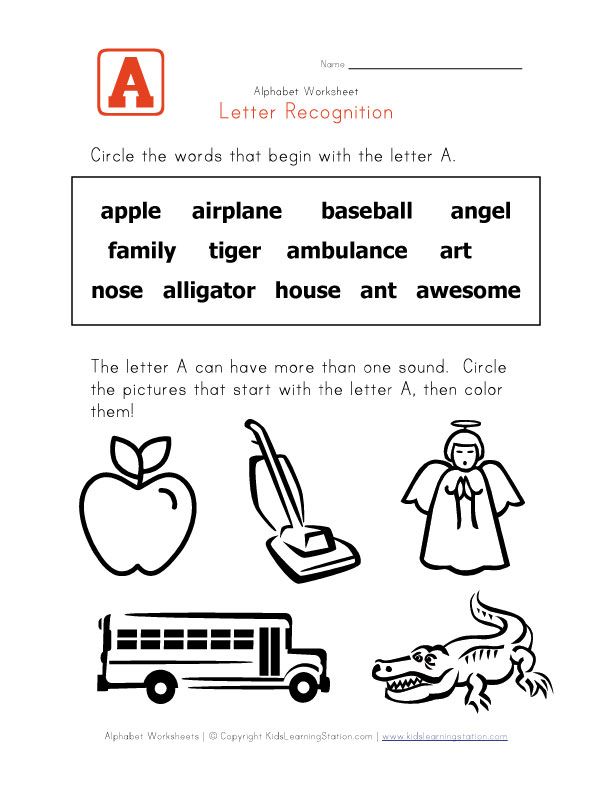 The same folds set the already familiar mode of dynamics parallel to the viewer. The sacred book is framed from below by a golden oak branch, which confidently levitates in the void and frankly redirects us to the world of Platonic ideas - or to James Fraser's work "The Golden Bough", no less monumental than the Constitution of the USSR. The book itself does not refer the viewer to any specific subject, but is a sign arranged by a scattering of other signs, such as the flags of the republics of the USSR lined up along the spine. The main task of the naturalistically depicted human figure is an attempt to awaken the audience's empathy towards the pride in the social system that is clearly read on the face of a young functionary.
The same folds set the already familiar mode of dynamics parallel to the viewer. The sacred book is framed from below by a golden oak branch, which confidently levitates in the void and frankly redirects us to the world of Platonic ideas - or to James Fraser's work "The Golden Bough", no less monumental than the Constitution of the USSR. The book itself does not refer the viewer to any specific subject, but is a sign arranged by a scattering of other signs, such as the flags of the republics of the USSR lined up along the spine. The main task of the naturalistically depicted human figure is an attempt to awaken the audience's empathy towards the pride in the social system that is clearly read on the face of a young functionary.
Individualization of enthusiasm and a new meaning of the dichotomy "past-present/future"
However, in the "Thaw" poster, the usual retracting function still finds its application. The difference with the early Soviet and Stalinist posters lies primarily in where and why the viewer is now invited, and this difference is extremely indicative of the break in the worldview that occurred in the late 1950s.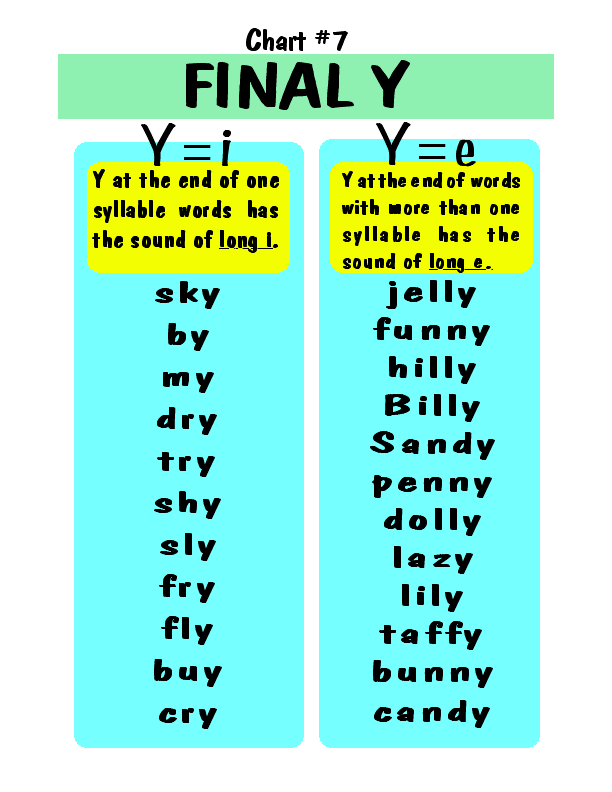 There was no more happy circling in the idealized present/future around the figure of the leader and could not be. The circle opened up, and history again had to be diligently pulled into a linear perspective, one end going into “Leninist principles”, and the other – into a happy communist far away. Previously, the word “past” was primarily associated with definitions like “dark” and “heavy”, and in itself it had the status of a certain right time, with the end of which only the correct time begins, all the flaws of which are again a consequence of “remnants of the past”. Now, when it was impossible to write off these flaws on the dark ages “before historical materialism” and on the horrors of Stalinism, albeit carefully, but transferred to the field of public knowledge, it was impossible to radically change the historical paradigm. Instead of “hour zero”, which divided history into two unequal parts “before” and “after” the October Revolution, a more fractional division was required, almost the main task of which was to single out a special heroic era, the time of revolution and civil war, as a vital legitimating base.
There was no more happy circling in the idealized present/future around the figure of the leader and could not be. The circle opened up, and history again had to be diligently pulled into a linear perspective, one end going into “Leninist principles”, and the other – into a happy communist far away. Previously, the word “past” was primarily associated with definitions like “dark” and “heavy”, and in itself it had the status of a certain right time, with the end of which only the correct time begins, all the flaws of which are again a consequence of “remnants of the past”. Now, when it was impossible to write off these flaws on the dark ages “before historical materialism” and on the horrors of Stalinism, albeit carefully, but transferred to the field of public knowledge, it was impossible to radically change the historical paradigm. Instead of “hour zero”, which divided history into two unequal parts “before” and “after” the October Revolution, a more fractional division was required, almost the main task of which was to single out a special heroic era, the time of revolution and civil war, as a vital legitimating base.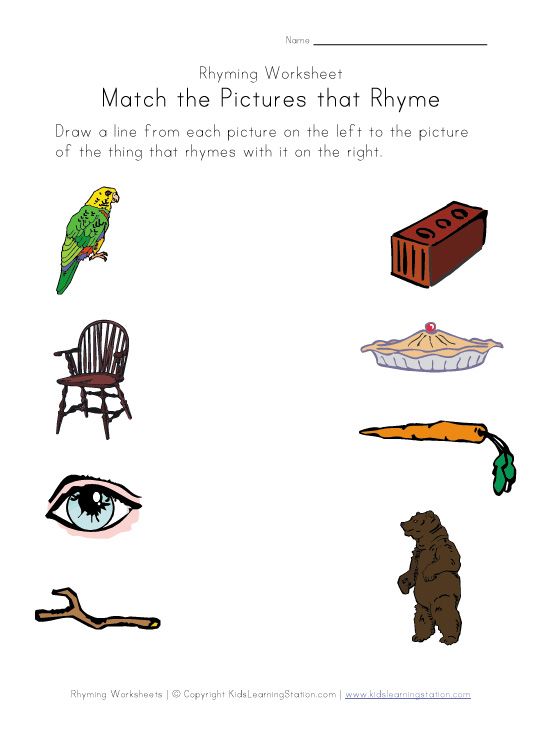 Moreover, this legitimizing technique no longer appealed to the ability of each specific individual to read “national happiness” as a paradoxical, albeit purely on-screen, but completely legitimate addition to actual reality. It was based on an appeal to a much older, but still quite effective cognitive matrix, according to which any wrongness can be canceled as accidental if a person is sure that “in the very beginning” everything was good and right. At the same time, the method of exploiting the family level of situational coding was also changing - the place of the father, the only, universal, irrevocable and constantly present in the festive “here and now”, was taken by fundamentally faceless, but appealing directly to the personalized small history of each person, “grandfathers and fathers”, who lived in heroic primordial times. It was they who “formed the basis” and won for us what was a happy future for them, and for us it may be an opportunity to finally build this happy future, if only everyone honestly fulfills his duty to the “heroes of bygone times.
Moreover, this legitimizing technique no longer appealed to the ability of each specific individual to read “national happiness” as a paradoxical, albeit purely on-screen, but completely legitimate addition to actual reality. It was based on an appeal to a much older, but still quite effective cognitive matrix, according to which any wrongness can be canceled as accidental if a person is sure that “in the very beginning” everything was good and right. At the same time, the method of exploiting the family level of situational coding was also changing - the place of the father, the only, universal, irrevocable and constantly present in the festive “here and now”, was taken by fundamentally faceless, but appealing directly to the personalized small history of each person, “grandfathers and fathers”, who lived in heroic primordial times. It was they who “formed the basis” and won for us what was a happy future for them, and for us it may be an opportunity to finally build this happy future, if only everyone honestly fulfills his duty to the “heroes of bygone times. ” - and before the future.
” - and before the future.
With all the frank metaphorical nature of such a comparison, Khrushchev's ethics can be called "Protestant"[6] as opposed to the "Catholic" Stalinist one. With the loss of the right to unshakable authority and the corresponding weakening of the legitimizing hierarchies, the party had to shift the focus to the personal connection of each citizen of the USSR with a common sacred idea, building something like a Calvinist thesis about a “worldly vocation”. The criterion of service to the common cause was the selfless work of each individual in each particular workplace: the emphasis was shifted from "heroes" and representative "labor feats" to mass enthusiasm. In the same way, Khrushchev’s perspective of a “bright future” differed from the early Soviet one: the place of mystical visions actively broadcast by the authorities was taken by a strange semblance of the theory of small deeds[7]. The mediators on the "Thaw" posters no longer invite the viewer to abstract or lacquered spaces of jubilation, but to where he can best show his abilities, contributing to the organization of labor and political victories.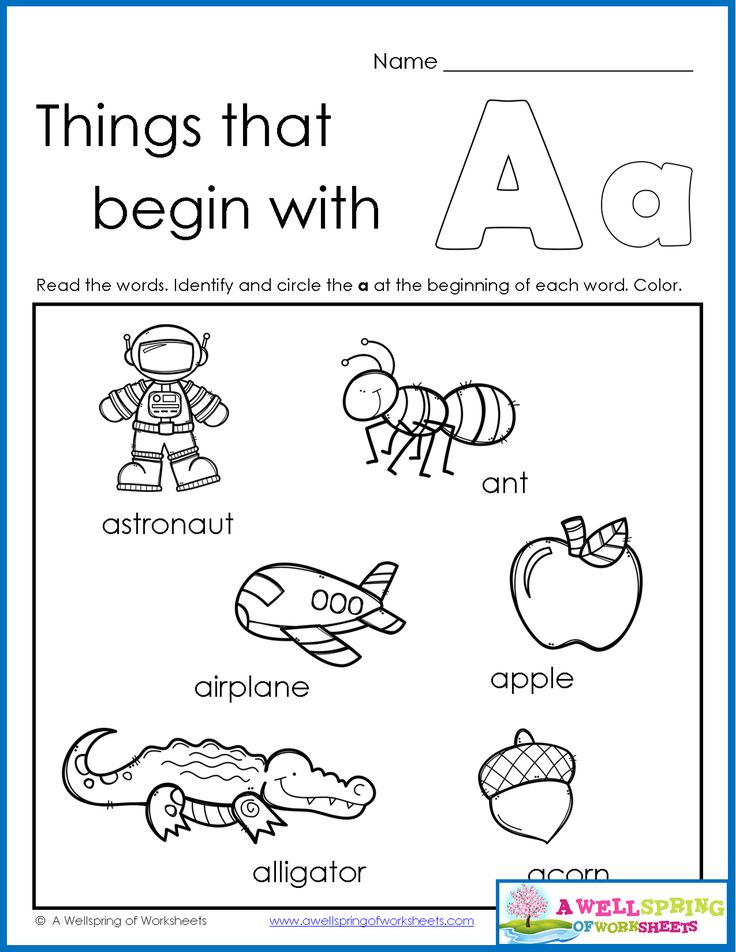 Personal professionalism, multiplied by personal enthusiasm, becomes the hallmark of the era.
Personal professionalism, multiplied by personal enthusiasm, becomes the hallmark of the era.
Vladimir Lykov's poster “Demobilized soldiers! Come to work on virgin lands!” 1956. It is quite clearly built according to the laws of linear perspective: a plowed strip of land, stretching into foggy distances and furnished with agricultural machinery, gives rise to a feeling of purposeful, deeply meaningful movement, passing next to you, but as if passing by you. The figure of the intermediary, from a structural point of view, is made in the best traditions of the early Soviet poster, forced to combine a full-face or three-quarter view of a human face, which “triggers” the mechanism of empathy, with an inviting or “pulling” movement inside the projective space. A handsome blue-eyed young man with an open Slavic face is turned towards the viewer: his head is motionless and makes it possible to “fix” the emerging empathic urge. At the same time, his torso appeals to the motor components of the viewer's psyche: it is already deployed into the depths of the picture, is already in motion, implicitly refuting the static meaning of the word "demobilized" ("immobilized"). Hands - the second most expressive element of the human figure after the face - carry the main "retracting" load. Their very location supports the general direction of movement into the space of labor victories, and the gesture (the character rolls up his sleeves) reinforces this movement with a simple and familiar meaning to everyone at the level of skin sensations.
Hands - the second most expressive element of the human figure after the face - carry the main "retracting" load. Their very location supports the general direction of movement into the space of labor victories, and the gesture (the character rolls up his sleeves) reinforces this movement with a simple and familiar meaning to everyone at the level of skin sensations.
A somewhat greater degree of structural conventionality is characteristic of a series of posters that compare the present with the heroic revolutionary past. The mediator here no longer draws anyone anywhere, he is a representative of “modernity” (that is, including the viewer), shown against the backdrop of an openly mythologized normative era. The boundary between these two plans is impenetrable: the present is more or less naturalistic, while the past is depicted in a deliberately conditional manner - precisely as a projective reality, even for those characters who form the "actual" plan of the poster. At the same time, the figures of leaders almost completely disappear, the heroic past is represented by the same “ordinary people” as the present.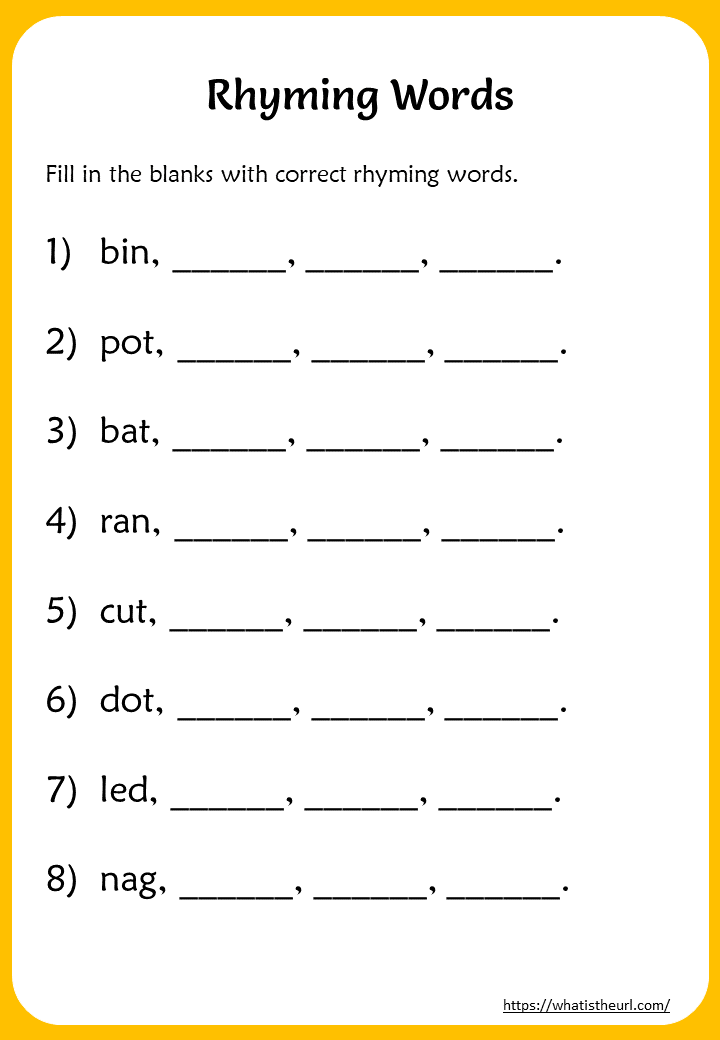
A typical example of this series is the poster “We glorify the Motherland with labor liberated in October!” artist Boris Pozdnev, released in 1959. In the foreground, we see a hard-working naturalistically depicted welder, whose figure in detail repeats the conventional silhouette figure of a revolutionary worker in the background. Behind the back of the worker are the same silhouette images of Red Army soldiers, overshadowed by a banner with the inscription “... GET SOVIETS” made in the old spelling: there is no doubt that this is a reference precisely to the times of the revolution and civil war, and not to the recent, still too relevant and associated with the inconvenient figure of Stalin, the experience of the Patriotic War, does not arise. Behind the welder are other welders who are welding some kind of conditional steel structure, most of all similar to the Tatlin tower. The poster is made in the dominant red color, which at some point will displace almost all other colors from the late Soviet poster production.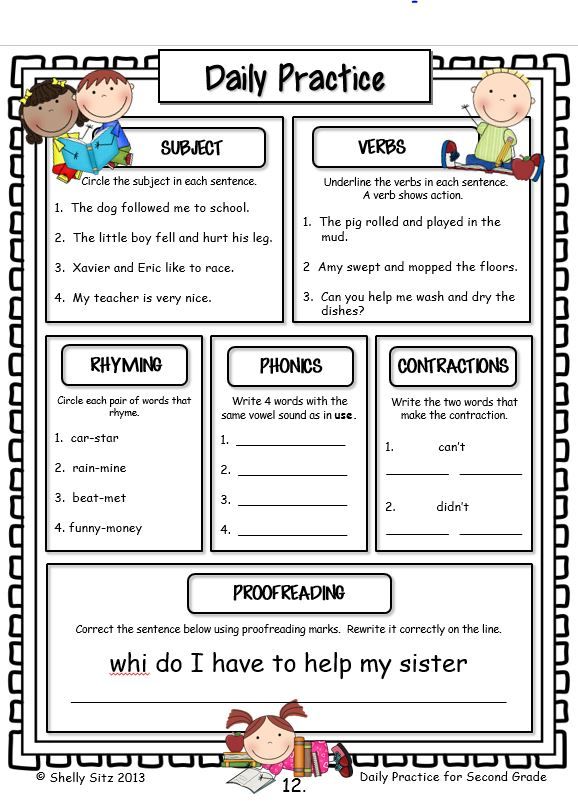 Here its use is still fully justified, since it symbolizes that revolutionary idea, that burning that the Red Guards carry in themselves and from which (the artist clearly did not pay attention to this symbolic and ironic aspect of everyday details) the contemporary has to cover his eyes with a mask with dark glass.
Here its use is still fully justified, since it symbolizes that revolutionary idea, that burning that the Red Guards carry in themselves and from which (the artist clearly did not pay attention to this symbolic and ironic aspect of everyday details) the contemporary has to cover his eyes with a mask with dark glass.
The poster created in 1955 “From Underground May Days to a National Holiday!” belongs to the same type. Igor Kominarets, the same two realities are compared here. One, up-to-date and happy, is made in the usual naturalistic manner; the center of the composition is a happy Soviet family walking briskly in a common column against the backdrop of monumental and still modern architecture in 1955. We still have to live to see the 20th Congress, but in the hands of the demonstrators there are no portraits of leaders in a very revealing way - the emphasis is on the celebratory incorporation of private contexts. The projective nature of another reality, referring to the normative past, is emphasized by the monochrome imitation of an old photo or a black-and-white movie.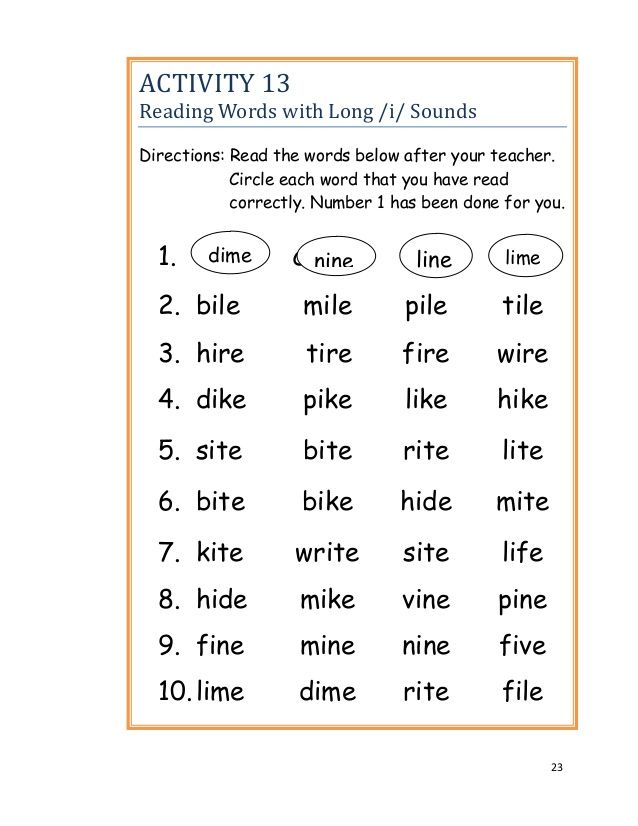 The two realities are separated by a bright red spot with the words "May 1st". The historical picture spatially takes the place of a comic phylacter, a “bubble”, inside which it is customary to either write the text that the character says, or depict what the character has dreamed of. The boundary between the two realities is not impenetrable: the boy, sitting on the shoulders of a "modern" man, reaches up with a "voting" gesture, and his hand breaks through the boundary between the color and black and white worlds, while organizing the central vertical, picked up at the top of the poster the figure of a Nietzsche-like agitator and his canonical gesture. Thus, the child simultaneously becomes a conductor of the message coming from the normative era and the semantic center of the entire composition.
The two realities are separated by a bright red spot with the words "May 1st". The historical picture spatially takes the place of a comic phylacter, a “bubble”, inside which it is customary to either write the text that the character says, or depict what the character has dreamed of. The boundary between the two realities is not impenetrable: the boy, sitting on the shoulders of a "modern" man, reaches up with a "voting" gesture, and his hand breaks through the boundary between the color and black and white worlds, while organizing the central vertical, picked up at the top of the poster the figure of a Nietzsche-like agitator and his canonical gesture. Thus, the child simultaneously becomes a conductor of the message coming from the normative era and the semantic center of the entire composition.
In itself, the principle of referring to the times of revolution and civil war through the head of the Stalin era - a universal principle for the thaw worldview, and not only at the level of official ideology, but also at the level of intellectual reflection[8], - is extremely important for understanding the changes taking place in the late Soviet imaginary.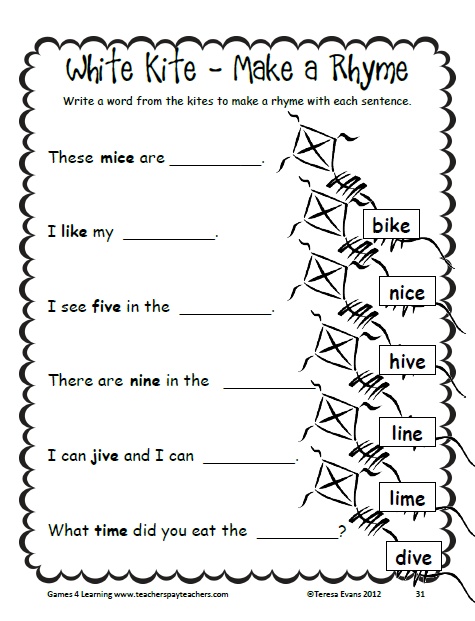 And the point is not only in the very fact of building the initial normative era, which was discussed a little higher. The point is also in the radical temporal reorientation of those projective realities that the late Soviet poster was ready to offer the viewer. Now, if he invites the viewer somewhere, then only to the past. The avant-garde Bolshevik social experiment also ended at the level of building collectively significant projective realities. The very idea of a radical reorganization of everything and everything, instead of a driving first principle, has turned into an initial act of creation, an occasion for mythologization and glorification. The principle according to which significant projective realities are no longer located in the future and not in the present/future, but in the normative past, indicates a fundamental change in the general logic of constructing projective realities: it is at this time that it becomes conservative from avant-garde. The status of the heroic figure is also changing: from a great contemporary, a demigod who lives next to you and with his mere presence transforms everyday life into personal and collective involvement in creation (Stalin, Kirov, Chkalov, Stakhanov - further down the list), he turns into an icon, into an abstracted character , to which the individual does not personally have a direct relationship and can compare himself with him only metaphorically.
And the point is not only in the very fact of building the initial normative era, which was discussed a little higher. The point is also in the radical temporal reorientation of those projective realities that the late Soviet poster was ready to offer the viewer. Now, if he invites the viewer somewhere, then only to the past. The avant-garde Bolshevik social experiment also ended at the level of building collectively significant projective realities. The very idea of a radical reorganization of everything and everything, instead of a driving first principle, has turned into an initial act of creation, an occasion for mythologization and glorification. The principle according to which significant projective realities are no longer located in the future and not in the present/future, but in the normative past, indicates a fundamental change in the general logic of constructing projective realities: it is at this time that it becomes conservative from avant-garde. The status of the heroic figure is also changing: from a great contemporary, a demigod who lives next to you and with his mere presence transforms everyday life into personal and collective involvement in creation (Stalin, Kirov, Chkalov, Stakhanov - further down the list), he turns into an icon, into an abstracted character , to which the individual does not personally have a direct relationship and can compare himself with him only metaphorically.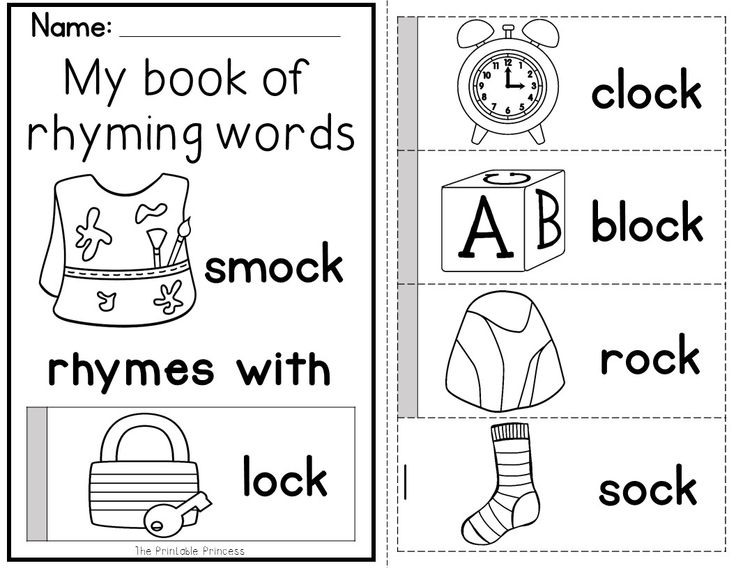
This feature is fully manifested in Viktor Ivanov's 1957 poster. The poster is organized around the figure of a blacksmith who, with a monumental gesture, raises a hammer over a rectangular bunch of light lying on an anvil. The rear, extremely abstract, plan is occupied by the hammer and sickle emblem radiating no less bright light. The text “Glory to the Soviet people, the first builder of socialism!” located at the bottom of the picture! repeats the shape of the anvil. The principle of action here is opposite to that on which posters like “Demobilized Warriors…” are built, because instead of a call to concrete action, a call to some highly relevant and individually significant projective reality, the image appeals to extremely abstract symbols and categories. In fact, we are dealing with an attempt to combine the above-described "two-plane" composition in a single character. The back, “bronzed” part of the blacksmith’s figure clearly refers to the figurative and symbolic, which has been stable since the early Soviet times (even at the “coin” level, if we recall the fifty dollars of the mid-1920s) to the canon, and precisely as a canon, while the front one, illuminated by the no less symbolic fire of the “living cause”, suggests an appeal to the audience's empathy.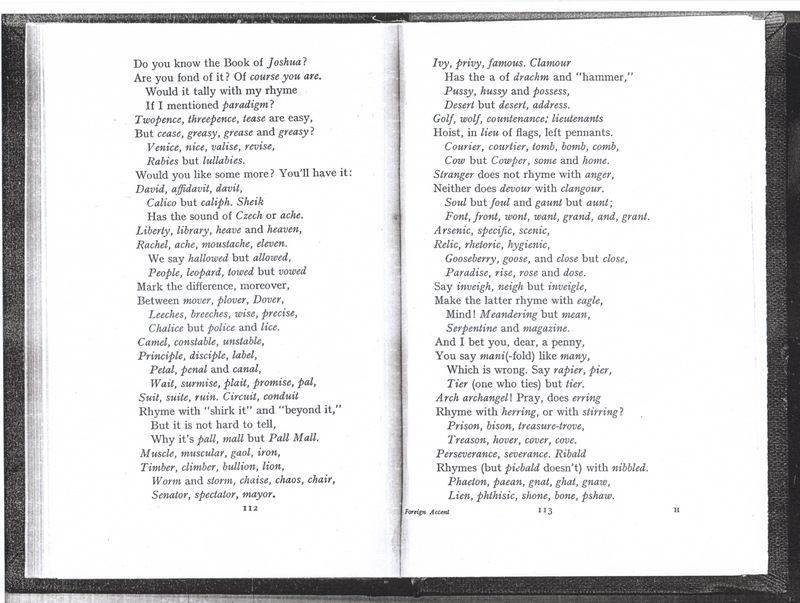 The connecting link between the different guises of a highly allegorical blacksmith should be the idea of the “Soviet people”, rooted in the beginning of glorious deeds and addressed to the viewer, a contemporary of that same “Soviet people”, to whom the poster proclaims glory.
The connecting link between the different guises of a highly allegorical blacksmith should be the idea of the “Soviet people”, rooted in the beginning of glorious deeds and addressed to the viewer, a contemporary of that same “Soviet people”, to whom the poster proclaims glory.
It is interesting that in the early Soviet poster the word "glory" was practically absent. Its place was occupied by the “long live” construction, obviously oriented to actual contexts. The image could be as abstract and symbolic as possible (“international unity of the proletariat”, “the bond between the city and the countryside”), or it could be completely concrete (“March 8”, “Comrade Stalin”, “Workers 'and Peasants' Red Army”), but he in any case, he focused on the present, or on the "extended present", and was categorically not applicable to the heroes of the epic past - yes, in fact, no epic past yet existed. The replacement of the structure in late Stalinist contexts could have a purely situational and pragmatic meaning.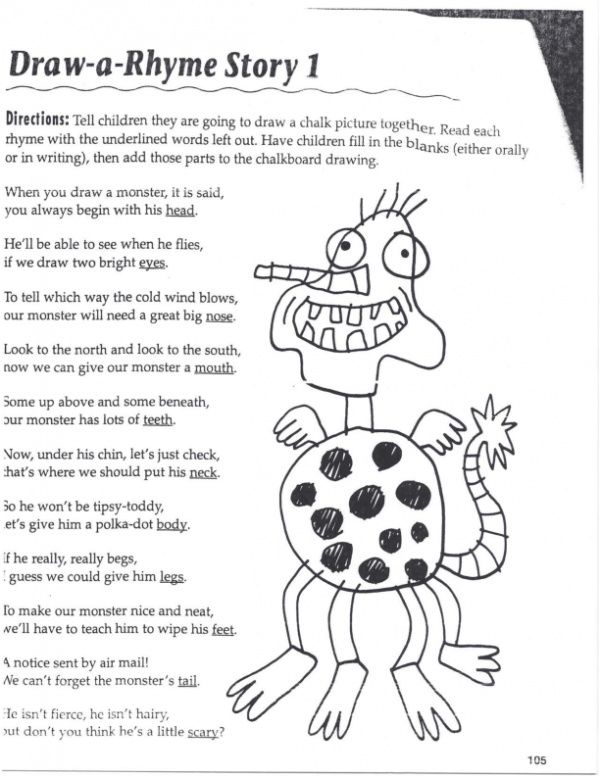 When at 19In 1946, a poster by Pyotr Golub and Anatoly Chernov appeared “Glory to the winners!” (or “Glory to the Red Army!” by Leonid Golovanov of the same year), it is obvious to everyone that not everyone lived to see the victory, but literally ten years pass and the opportunities provided by the new panegyric construction are beginning to be used more and more widely, for any reason (from "Glory to the CPSU" and "Glory to the Great October" to "Glory to the Lipetsk breeders") and rather quickly replace the canonical "long live". The designs themselves with the call "Glory!" carried a powerful episizing charge, which over time devalued from frequent and indiscriminate use, and by the Brezhnev era turned into something like a mantra. It's funny that Viktor Ivanov's poster literally visualizes a stable metaphor, extremely popular even in the ancient Greek epic and panegyric lyrics: in both Homer and Pindar, perhaps the main property of "glory" is its ability to shine and not fade. The poster blacksmith, bronzed right before our eyes, does not forge something concrete, he forges precisely “glory”, a shining halo to himself as the embodiment of the Soviet people - and this glorious deed is overshadowed by the shining presence in the background of the state symbol, the half-forgotten concrete meaning of which ( "union of workers and peasants") is being supplanted by the very concept of "Soviet people".
When at 19In 1946, a poster by Pyotr Golub and Anatoly Chernov appeared “Glory to the winners!” (or “Glory to the Red Army!” by Leonid Golovanov of the same year), it is obvious to everyone that not everyone lived to see the victory, but literally ten years pass and the opportunities provided by the new panegyric construction are beginning to be used more and more widely, for any reason (from "Glory to the CPSU" and "Glory to the Great October" to "Glory to the Lipetsk breeders") and rather quickly replace the canonical "long live". The designs themselves with the call "Glory!" carried a powerful episizing charge, which over time devalued from frequent and indiscriminate use, and by the Brezhnev era turned into something like a mantra. It's funny that Viktor Ivanov's poster literally visualizes a stable metaphor, extremely popular even in the ancient Greek epic and panegyric lyrics: in both Homer and Pindar, perhaps the main property of "glory" is its ability to shine and not fade. The poster blacksmith, bronzed right before our eyes, does not forge something concrete, he forges precisely “glory”, a shining halo to himself as the embodiment of the Soviet people - and this glorious deed is overshadowed by the shining presence in the background of the state symbol, the half-forgotten concrete meaning of which ( "union of workers and peasants") is being supplanted by the very concept of "Soviet people".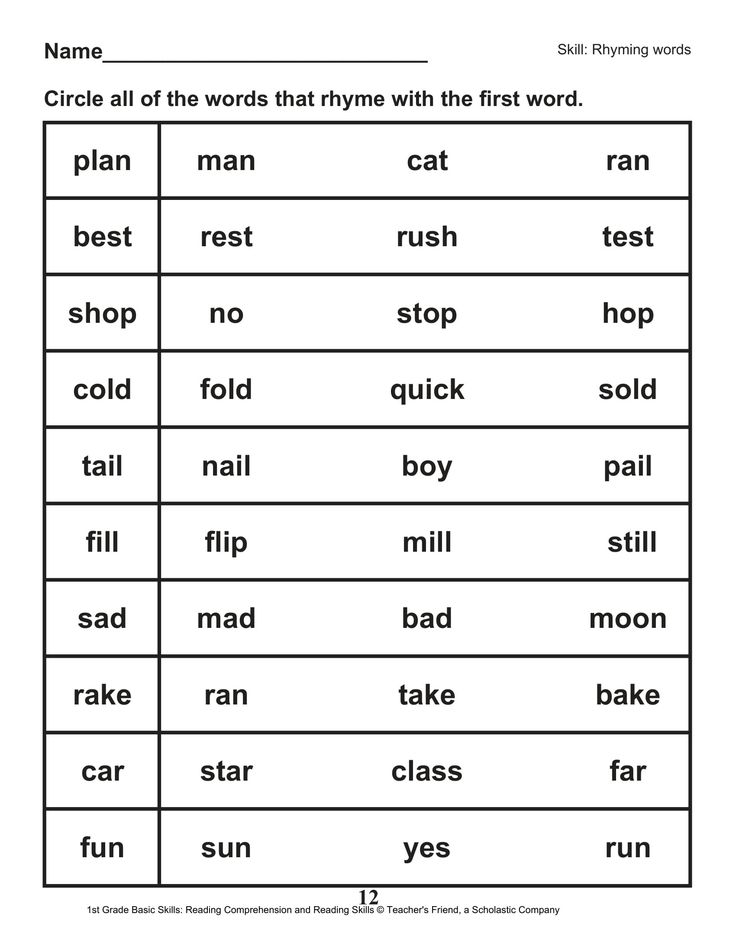
At the beginning of the Khrushchev era, constructions with the call "Glory!" in some cases they still had quite relevant semantic content. Evidence of this is a number of posters praising “free labor”, such as the already mentioned “We glorify the Motherland with labor liberated in October!” Boris Pozdnev. In addition to the quite obvious, “jubilee” contexts associated with the fortieth anniversary of the October Revolution, this slogan also had a completely different connotative content, which should have been clear to any contemporary without further explanation, since the phrase “free labor” at the end of 19The 50s appealed not only to the already purely mythological horrors of the era “before historical materialism”, but also to the very recent memory associated with the peculiarities of the organization of labor in the Stalinist USSR. The first large-scale project, during the implementation of which it was not supposed to use the slave labor of prisoners, was the construction of the Bratsk hydroelectric power station, announced in May 1956 (that is, literally three months after the 20th Congress) as a shock Komsomol construction site.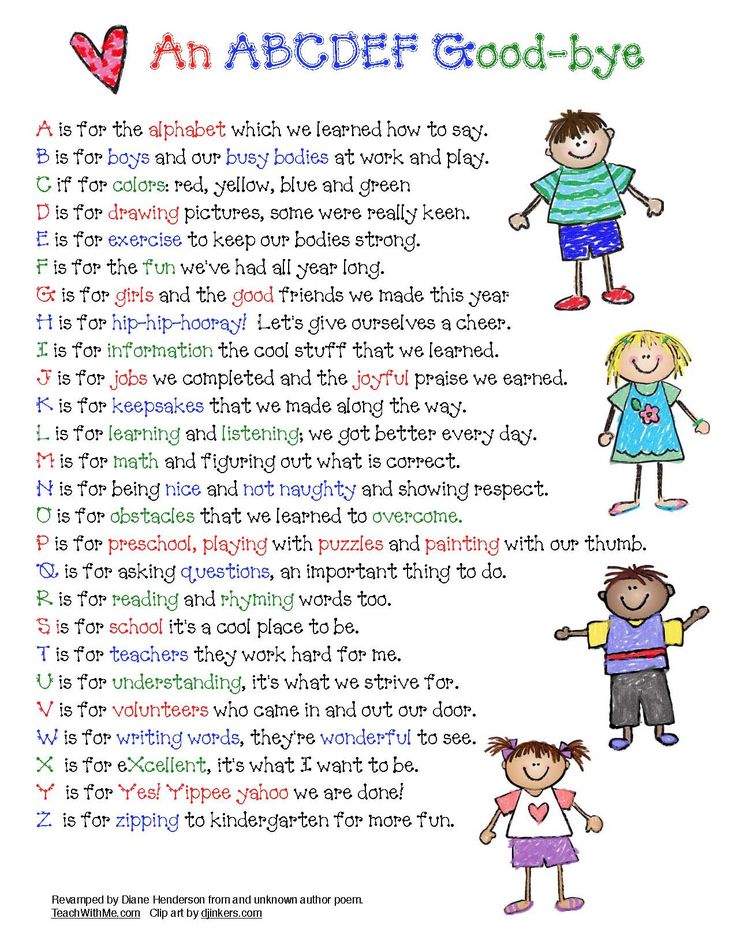 The elites, accustomed to operating with low-efficiency, but incredibly cheap labor armies, now had to find other ways to mobilize labor resources, presenting the actively promoted "enthusiasm" as a result of free individual choice. By the way, the “most important of the arts” did not remain aloof from this campaign: the end of 19The 50s enriched the history of Russian cinematography with a whole scattering of frankly "enthusiastical" films, in some cases quite talentedly made, such as Yuli Raizman's "Communist" (1957) or Yuri Yegorov's "Volunteers" (1958). At the same time, in an amazing way and on the basis of bare creative enthusiasm, a completely revolutionary “severe style” in painting arose, also actively glorifying the “heroic working days”.
The elites, accustomed to operating with low-efficiency, but incredibly cheap labor armies, now had to find other ways to mobilize labor resources, presenting the actively promoted "enthusiasm" as a result of free individual choice. By the way, the “most important of the arts” did not remain aloof from this campaign: the end of 19The 50s enriched the history of Russian cinematography with a whole scattering of frankly "enthusiastical" films, in some cases quite talentedly made, such as Yuli Raizman's "Communist" (1957) or Yuri Yegorov's "Volunteers" (1958). At the same time, in an amazing way and on the basis of bare creative enthusiasm, a completely revolutionary “severe style” in painting arose, also actively glorifying the “heroic working days”.
It is very indicative that the general logic of the propagandistic influence built in this way on the citizens of the Soviet Union turned out to be very effective. The “generation of the sixties” formed with its help carried with them almost to the very end of the Soviet era precisely those dominants that Khrushchev’s propaganda so diligently nurtured at the end of 1950s: a pronounced craving for selfless work, a willingness to sacrifice personal interests in the name of a common cause, and so on.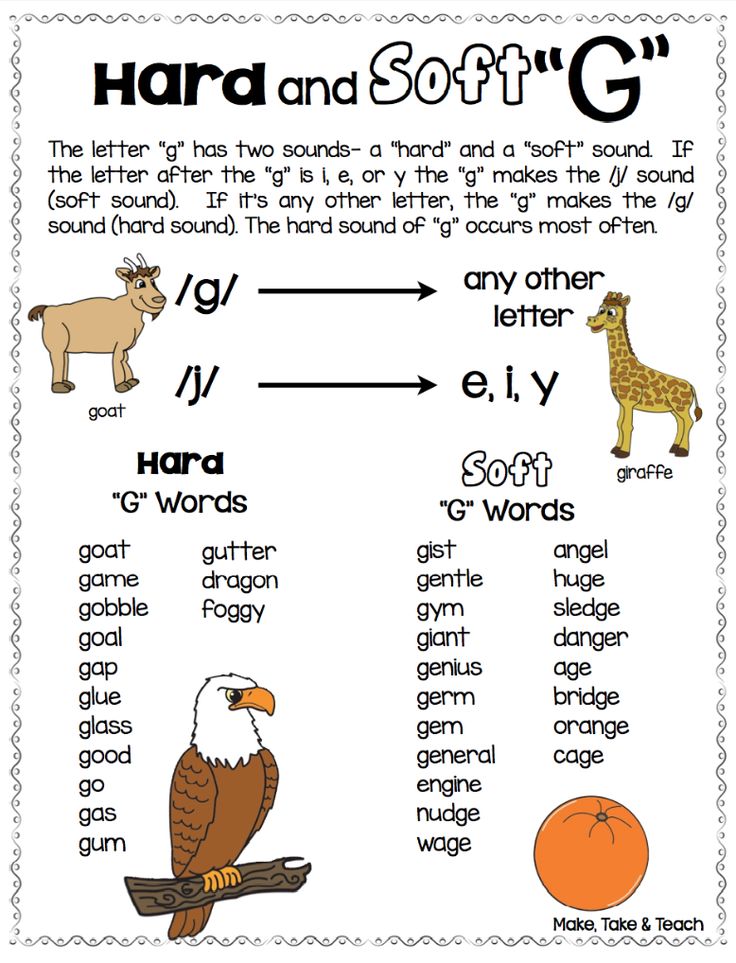 All these categories gradually acquired the status of moral foundations, on the basis of which it was possible to build both a personal and generational position in relation to the growing trend in the late USSR towards self-isolation from publicity (not to mention attempts to create small individual utopias), qualified by the sixties (which in some way very successfully coincided with the position of the authorities) as "lack of ideas", "acquisitiveness", "egoism", "philistinism", "parasitism" and so on, so on, so on.
All these categories gradually acquired the status of moral foundations, on the basis of which it was possible to build both a personal and generational position in relation to the growing trend in the late USSR towards self-isolation from publicity (not to mention attempts to create small individual utopias), qualified by the sixties (which in some way very successfully coincided with the position of the authorities) as "lack of ideas", "acquisitiveness", "egoism", "philistinism", "parasitism" and so on, so on, so on.
[1] For more on this, see our article: Political poster: the framework of perception and impact // Emergency reserve. 2012. No. 1(81). pp. 38–58.
[2] Klaus Vashik and Nina Baburina have already written about the same tendencies in a somewhat different aspect: ““Advancement”… was determined by comparison with the overcome past, with the previous phases of one's own existence. A side effect of this programmatic striving for utopia, for the New after the New, was the implicit museumification of the present ”(Vashik K.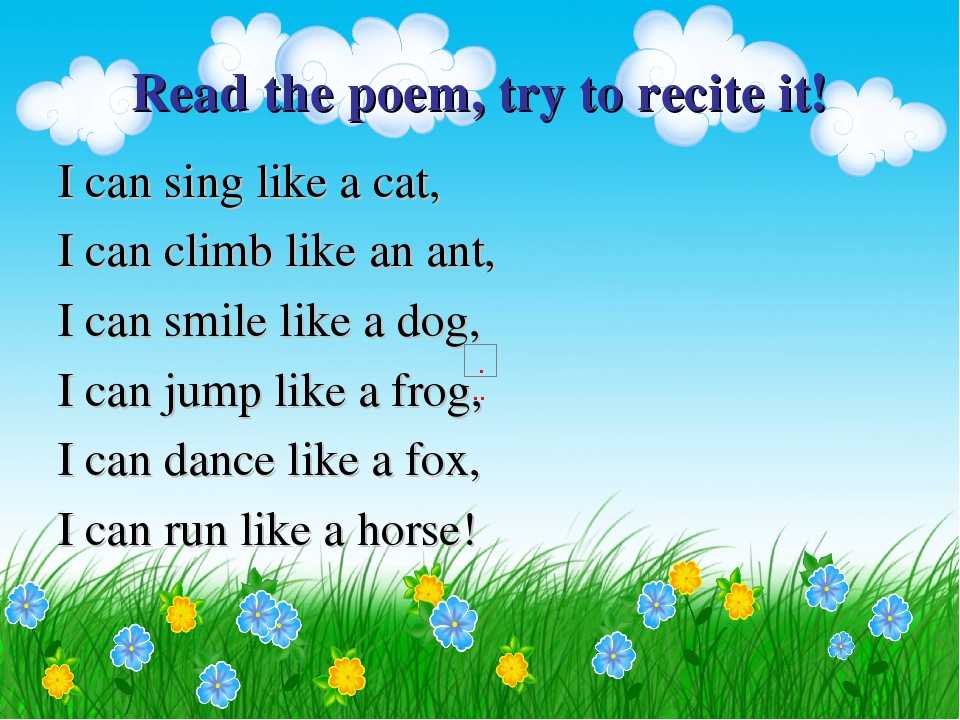 , Baburina N. The reality of utopia. Russian poster art of the 20th century. M.: Progress-Tradition, 2003. S. 133).
, Baburina N. The reality of utopia. Russian poster art of the 20th century. M.: Progress-Tradition, 2003. S. 133).
[3] See more about this: Mikhailin V . Path of animal words. Spatially oriented cultural codes in the Indo-European tradition. Moscow: New Literary Review, 2005.
[4] In fairness, it should be noted that the method of “flowing around an idea” with photomontage human faces was proposed even in the early stages of the existence of the Soviet poster. As such, one can cite the work performed in 1926 by an unknown artist poster "Workers, under the banner of the CPSU." The retracting function in this poster is inverted: the letters VKP form something like a (factory?) gate through which a multifaceted female mass pours onto the viewer (the viewer - since the target audience of the poster dedicated to March 8 was female), one way or another including him / her in myself. The combination of Lenin's head with a photomontage "mass" was also used by Viktor Koretsky on a 1932 poster "Workers and women workers of all countries and oppressed colonies, the banner of Lenin is higher.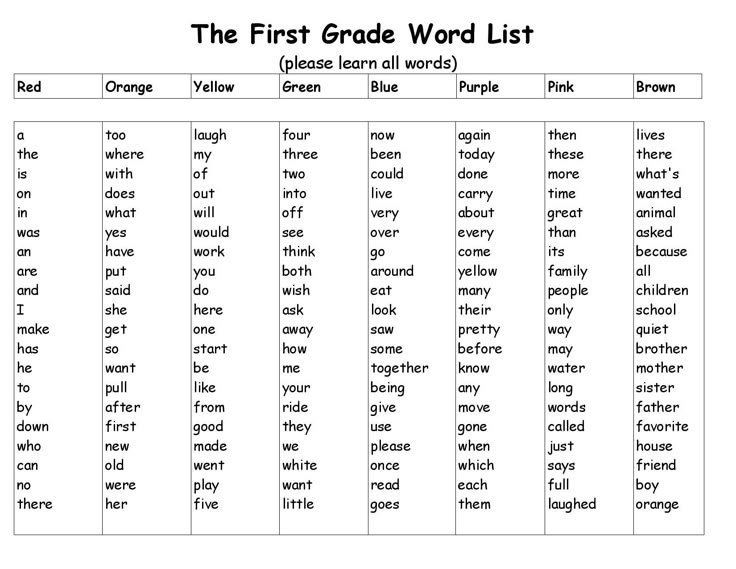 " But here, the faces of the Soviet and European workers, the Negro and the Chinese, who play the role of intermediaries and “strung” on the flagpole, firstly, are replicas of the photographic image of Lenin, and secondly, unlike him, who has already become the embodiment of the idea, they are endowed with bodies and are inscribed in the general photomontage movement of the masses. The idea is united with modernity by a canonical quotation from Stalin's speech, built around the image of the “banner of Lenin”.
" But here, the faces of the Soviet and European workers, the Negro and the Chinese, who play the role of intermediaries and “strung” on the flagpole, firstly, are replicas of the photographic image of Lenin, and secondly, unlike him, who has already become the embodiment of the idea, they are endowed with bodies and are inscribed in the general photomontage movement of the masses. The idea is united with modernity by a canonical quotation from Stalin's speech, built around the image of the “banner of Lenin”.
[5] In relation to the image, and not to the viewer, as is customary in a stable art history convention. For a discussion of the need to revise this convention in relation to anthropomorphic objects and figurative images in connection with the fundamental importance of the categories of “right” and “left” in human consciousness, see: Mikhailin V. Decree. op. pp. 265–269.
[6] The metaphor itself, in principle, is not new. See: Bobrikov A. Severe style: mobilization and cultural revolution // Art magazine.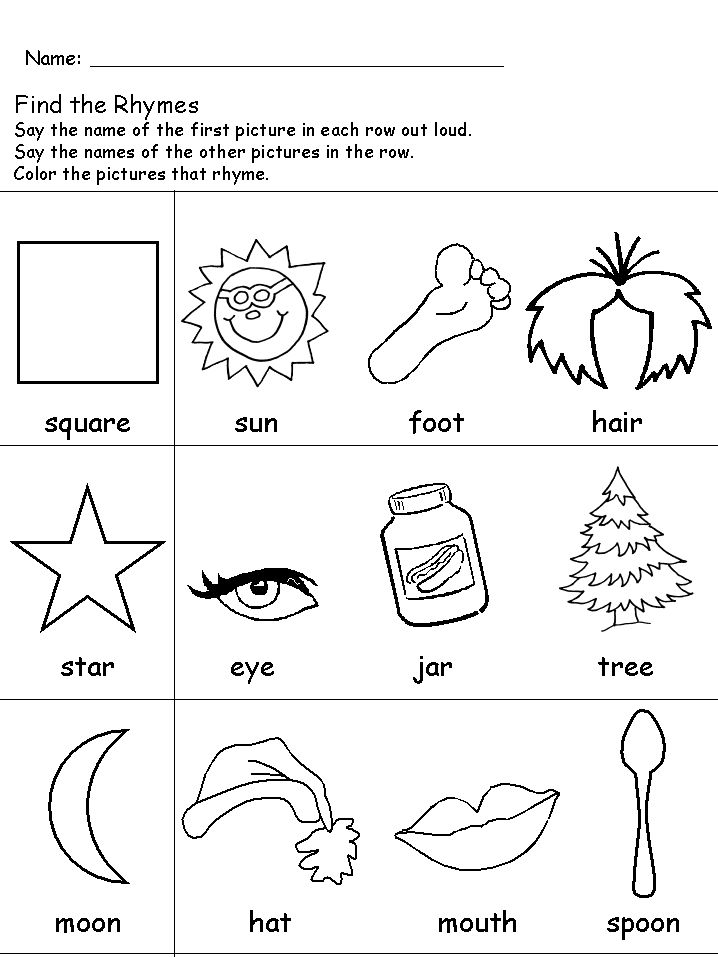 2003. No. 51-52.
2003. No. 51-52.
[7] However, the "mysticism" of the late Soviet worldview is an independent big topic that deserves separate serious consideration - expelled from the poster and other direct means of influencing the mass consciousness, the somewhat paradoxical occult component of the Bolshevik project has not gone away, having moved to less "frontal » forms of cultural activity. The analogy with Protestantism - for all its conventionality, which we would like to reiterate here - can be continued in this sense. The idea of individualized comprehension of certain laws that govern being, closed to the majority, is, firstly, in principle inseparable from messianic sentiments and an inclination to organize a “common cause”, and secondly, it is an excellent manipulation tool in the hands of power elites.
[8] "I'll still fall on that one, on that distant one, on the civil one, / And the commissars in dusty helmets will bow silently over me." The very title of the song “Sentimental March”, written by Bulat Okudzhava in 1957 and dedicated to Yevgeny Yevtushenko as a friend and colleague, is highly revealing. On the one hand, from the point of view of focusing on the intimization of the global and personal empathy in publicly significant processes. On the other hand, in the sense of building an epic past that is convenient in all respects, and heroic in due measure, and placed at a safe distance. In 10–15 years, the distance will lengthen, and longing will come into fashion not only and not so much for “that one civilian” (there was also such a version of this line), but for “Russia before 1913 years” or according to the heroism of the same revolutionary times, but from the opposite, “white” side.
On the one hand, from the point of view of focusing on the intimization of the global and personal empathy in publicly significant processes. On the other hand, in the sense of building an epic past that is convenient in all respects, and heroic in due measure, and placed at a safe distance. In 10–15 years, the distance will lengthen, and longing will come into fashion not only and not so much for “that one civilian” (there was also such a version of this line), but for “Russia before 1913 years” or according to the heroism of the same revolutionary times, but from the opposite, “white” side.
touching and ironic tour of the Mayakovsky Theater in Arkhangelsk
The Moscow Mayakovsky Theater played two new performances on family matters on the stage of "archdrama" - "The Elder Son" and "School for Wives".
The "Big tour" of the "Mayakovites" in Arkhangelsk was opened by the tragicomedy "The Elder Son" by Anatoly Shuliev based on the play by Alexander Vampilov. The director saw in the role of the clarinetist Sarafanov, who took the word of the student Busygin, who introduced himself as his son, People's Artist of Russia Igor Kostolevsky.
The director saw in the role of the clarinetist Sarafanov, who took the word of the student Busygin, who introduced himself as his son, People's Artist of Russia Igor Kostolevsky.
On the stage there is a structure in the shape of the letter "P", covered with window frames - a conditional "panel", both from the inside and outside. In this residential block, the lights go on and off. In the opening of this peculiar arch, wandering lanterns drowsily sway like flying saucers. It seems that the heroes of the play are also wandering in life until they meet. A passer-by with a leash enters the stage - either he is looking for his dog Druzhka, or he wears a leash for show, to explain his lonely evening walk, to obscure his loneliness.
"The Elder Son" is an "old school" performance: it does not abound with complex director's decisions, the actors have long conversations, practically without changing the scenes. Even one of the most expressive scenes - with a pillow that Sarafanov drops and Busygin picks up - is from the play.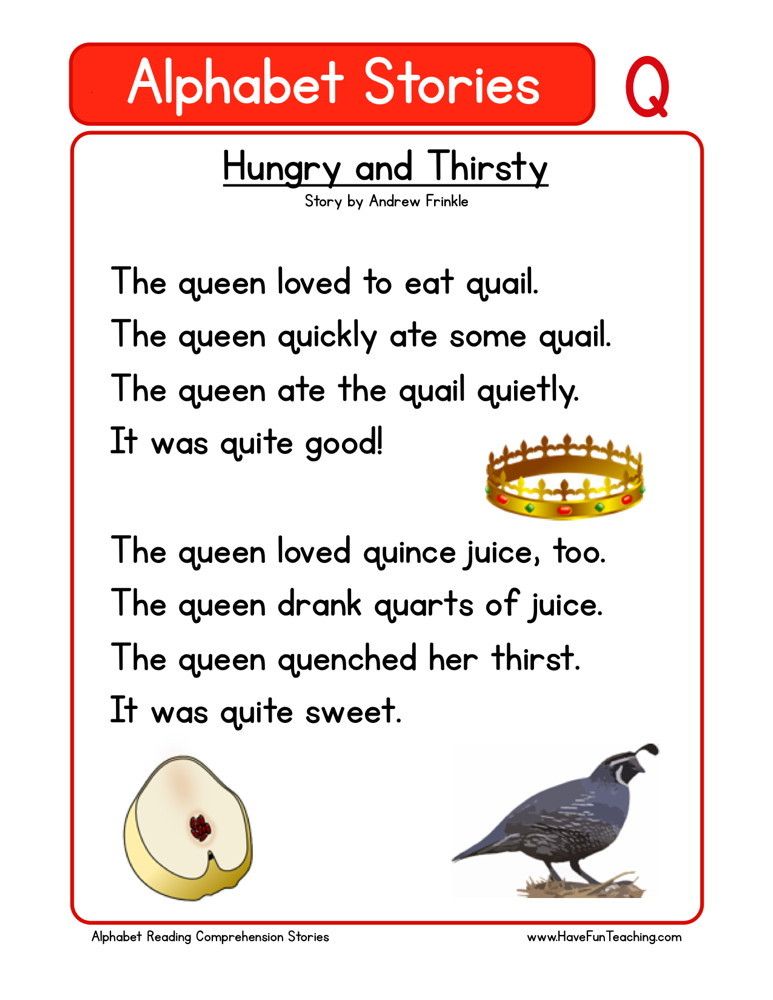 But defenseless, slightly ridiculous characters - wonderful people - it's hard not to empathize. Sometimes artists pronounce remarks deliberately elevated, sublime, as if in a kindly sneer at these eccentrics.
But defenseless, slightly ridiculous characters - wonderful people - it's hard not to empathize. Sometimes artists pronounce remarks deliberately elevated, sublime, as if in a kindly sneer at these eccentrics.
Igor Kostolevsky plays not so much a musician as a poet, a person not of this world. An intellectual who consciously prefers the truth of feelings to the truth of facts. It seems that in part he plays the audience's idea of himself, placed in the circumstances of Sarafanov. The organic masculinity and stateliness of the people's artist - with his characteristic velvet overtones, which the whole country knows by ear - is combined in the image of the character with spiritual softness, some even fragility.
Volodya Busygin Evgenia Matveeva is not at all a prankster. There is no need to re-educate him, he is good right away. The unexpected role of the eldest son suits his character like a glove. He falls in love with "sister" Nina at first sight, and how obvious! At its first appearance, it freezes as if rooted to the spot.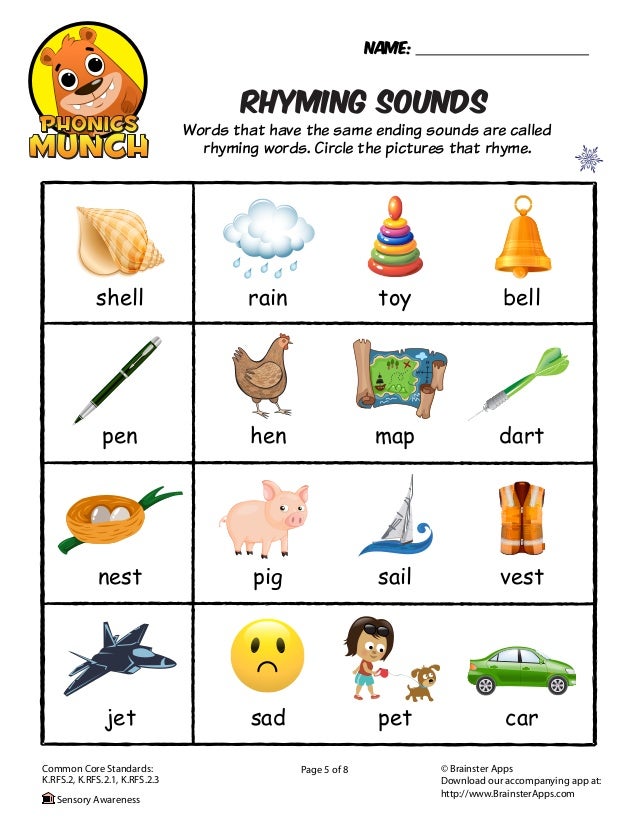 And then, after a "family" hug, he seems to "forget" his hand on her waist.
And then, after a "family" hug, he seems to "forget" his hand on her waist.
In Anatoly Shulyev's play, both "father" and "son" need each other equally. They were looking for each other in the same way as that passerby was looking for Druzhok. In the finale, by the way, the owner of Druzhka reappears on the stage - with a toy puppy in his arms. So one acquisition rhymes with another. And let the son not be real, and let the dog be a toy. After all, "you are my children because I love you."
Photo by Karina Jafarova.All ages are submissive to love
The main event of the Mayakovites’ tour was the Arkhangelsk screening of the sensational “School of Wives” (stage director Mindaugas Karbauskis, director Maxim Melamedov), an ironic and modern composition based on the play by Jean-Baptiste Molière, translated by the poet Dmitry Bykov (contributed by Ministry of Justice of the Russian Federation on July 29 to the register of media-foreign agents - ed.). This performance immediately claimed six "Golden Masks" in the current award season, although it did not receive a single one.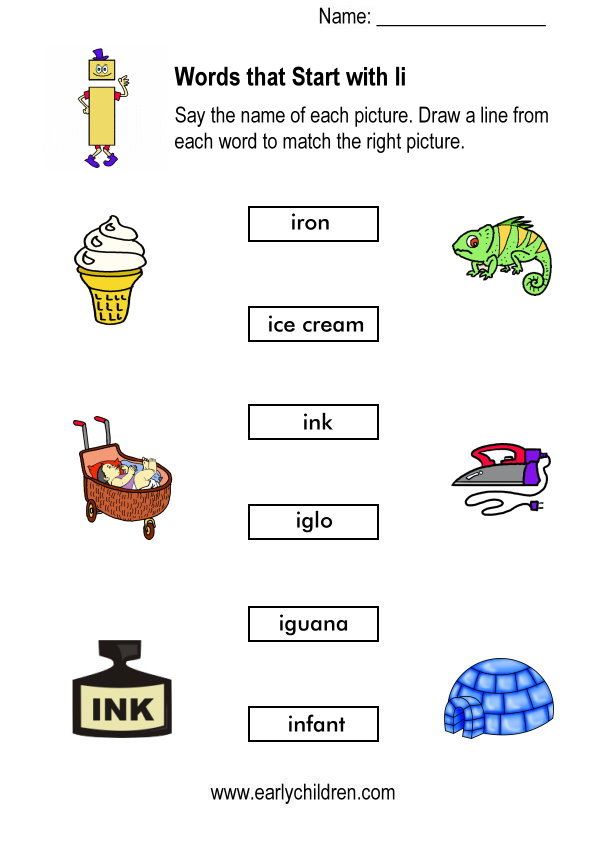
The translation amendment is fundamentally important. Dmitry Bykov's translation is not just a retelling in his own words, but an attempt at revision. Bykov is far from being a pro-feminist, and if you search, you will surely find something to accuse him of sexism for. But he succeeds in laughing at the house-building habits of Mr. Arnolf, who decides to "grow up" a wife for himself, and at their refraction in today's day, he succeeds. In addition, the dashing comedy about the triumph of free youth over despotic old age sounds very timely. To the words that "violence, by God, is not appropriate," Arnolf replies: "I hear a liberal." No wonder liberal values are at his throat. However, judging by the applause and laughter in the hall, he is, alas, not alone.
In addition, in Bykov's light, bold, pun-filled poetic text, in which comedy is carved by rhymes and the rapprochement of the 17th and 21st centuries, there are references to Russian literature - for example, young Agnes, as in Pushkin's Madonna, is called "the purest charm the purest example, "and her letter to her beloved Oras begins like Tatyana's letter to Onegin.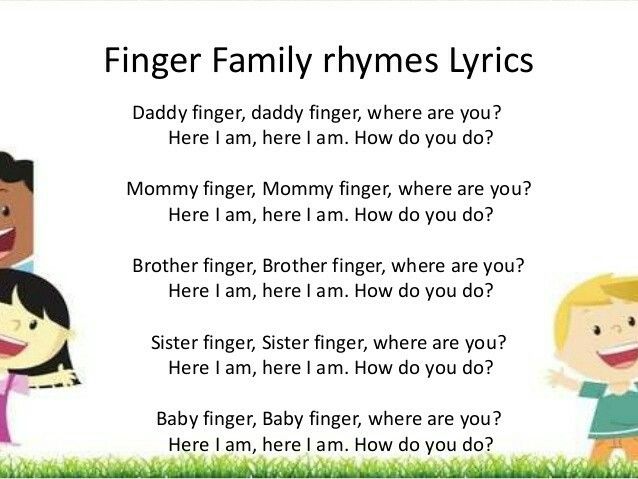 And the jealous monologue of Arnolf, who learned that the pupil laid eyes on another, the witty poet turns into an alphabetic acrostic.
And the jealous monologue of Arnolf, who learned that the pupil laid eyes on another, the witty poet turns into an alphabetic acrostic.
The scenography is extremely abstract: the action takes place on a sloping plane, which is assembled from three movable "slides"-podiums: one inclined platform moves forward, then another. The design of the performance is dominated by gray of different shades. Only one bright spot is the fiery red heels on Arnolf's shoes (People's Artist of Russia Anatoly Lobotsky). Well, of course, it is very important for someone who himself feels not high enough to rule over someone else. For example, above a young maiden in a deliberately subordinate position - with a white-white face and the voice of a hare Klara Rumyanova from "Well, wait a minute!". But, like a hare from a wolf, Agnes (Natalya Palagushkina) easily slips away - nature itself is on her side. At first, the thought even creeps in that such a voice is a pretense. But no, the maiden speaks to them with her lover.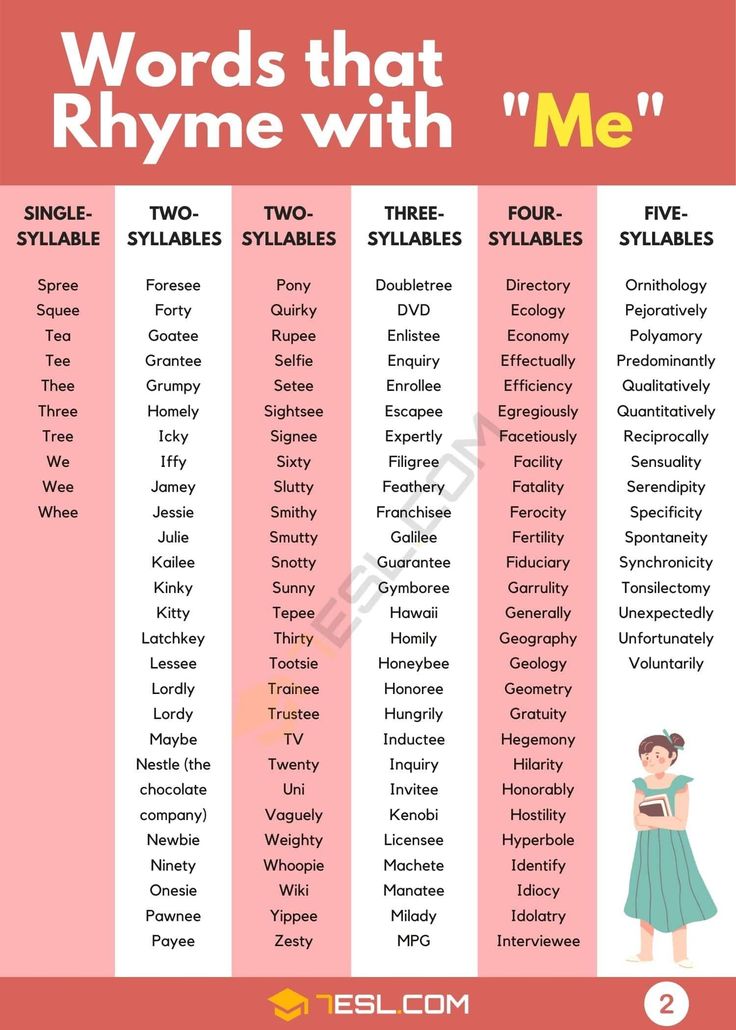 Youth may be unsophisticated and even stupid, but in some ways it is smarter than the most cunning cunning.
Youth may be unsophisticated and even stupid, but in some ways it is smarter than the most cunning cunning.
Wanting to over-stubborn nature, the would-be cuckold turns to traditional values. His maxims that "there is no equality in nature anywhere" sound ridiculous and terribly recognizable. Arnolf is trying to instill in the young pupil the virtue of a good wife: with each new rule, a new stick is stuck into the wooden floor from a dusty book. And these sticks are a whole bunch: the requirements for a real woman are countless even today. But the twigs fall one by one, as if challenging the voiced dogmas. And it doesn't even matter if it's intended, or if it's an accident. “For a woman, literacy is dangerous,” reads Arnolf. And the wand is a crap. You can see right away that this is the rule.
But Anatoly Lobotsky does not get stuck in the role of a grumpy jealous despot for a long time. The most interesting thing begins when, like a bolt from the blue - both for the hero and for the audience - the question sounds: "Am I in love with her?".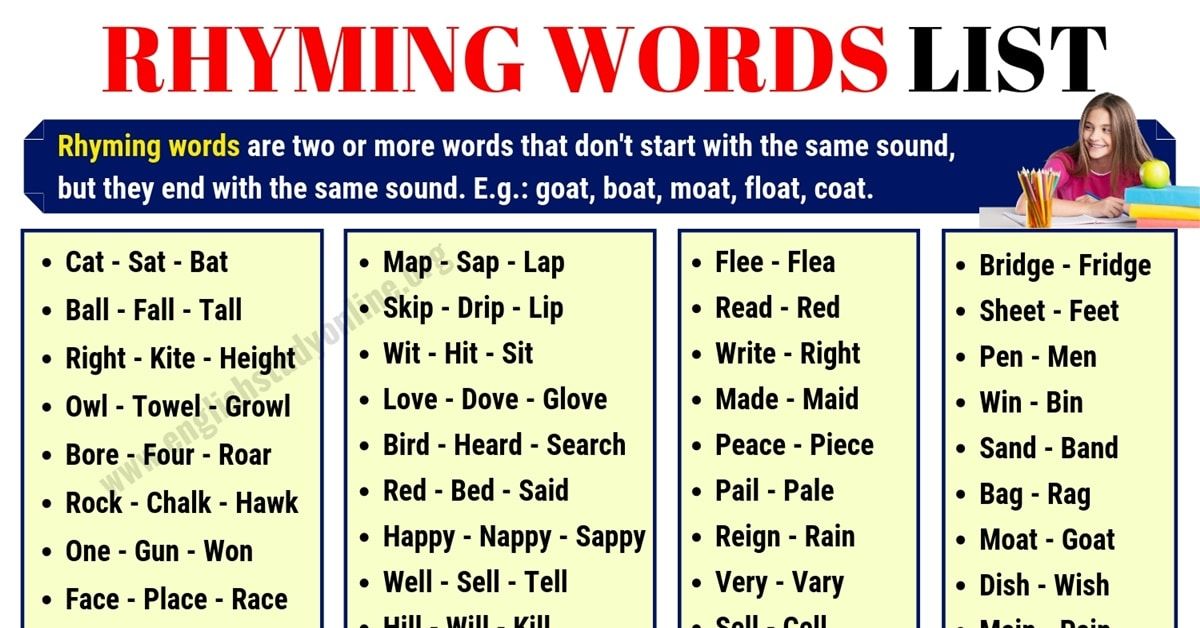 And the music suddenly stops, as if in amazement at this realization. Arnolf suddenly feels sorry, sorry when, like an old man, as if with sciatica, he cannot lift the cobblestone to which Agnes tied a love letter to Horace. And so he takes out such a touching, such a pensioner's string bag, and, leaning on a cane, still lifts a stone. And from the role of a comic old man he turns into a living person. Indeed, aren't all ages submissive to love?
And the music suddenly stops, as if in amazement at this realization. Arnolf suddenly feels sorry, sorry when, like an old man, as if with sciatica, he cannot lift the cobblestone to which Agnes tied a love letter to Horace. And so he takes out such a touching, such a pensioner's string bag, and, leaning on a cane, still lifts a stone. And from the role of a comic old man he turns into a living person. Indeed, aren't all ages submissive to love?
With this knowledge, the second action looks completely different. Agnes and Horace are young and in love, which means they are right. They don't even have to do anything: both nature and the laws of the genre are on their side. But Arnolf loves, which means he is also right in his own way. In him, tenderness struggles with biliousness: either he throws the pupil’s dress and cap to the ground, or, having come to his senses, picks it up and shakes it off. He starts for health: “Maybe I didn’t know love at all, until now,” and ends for peace: “Until she threw me like that, foul.